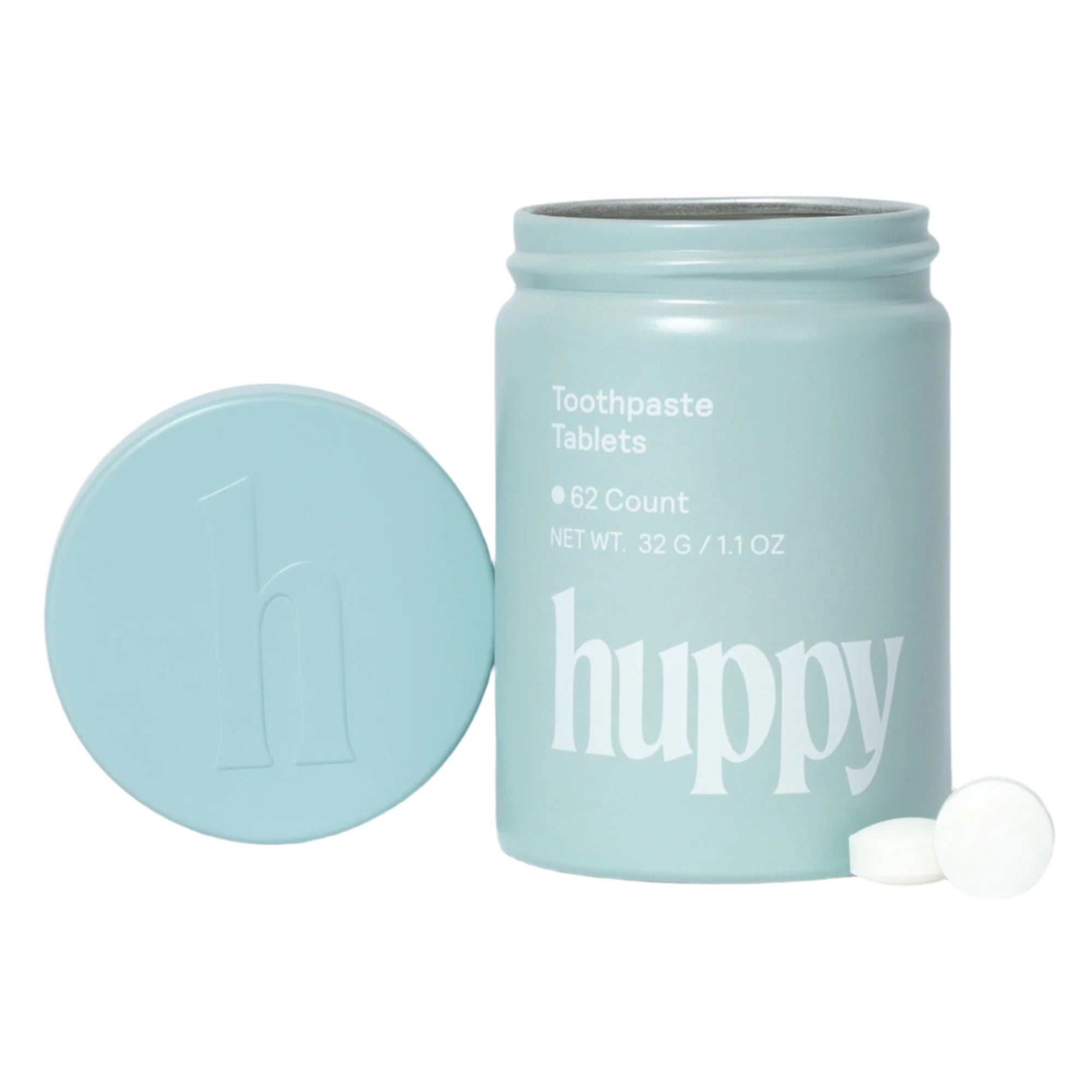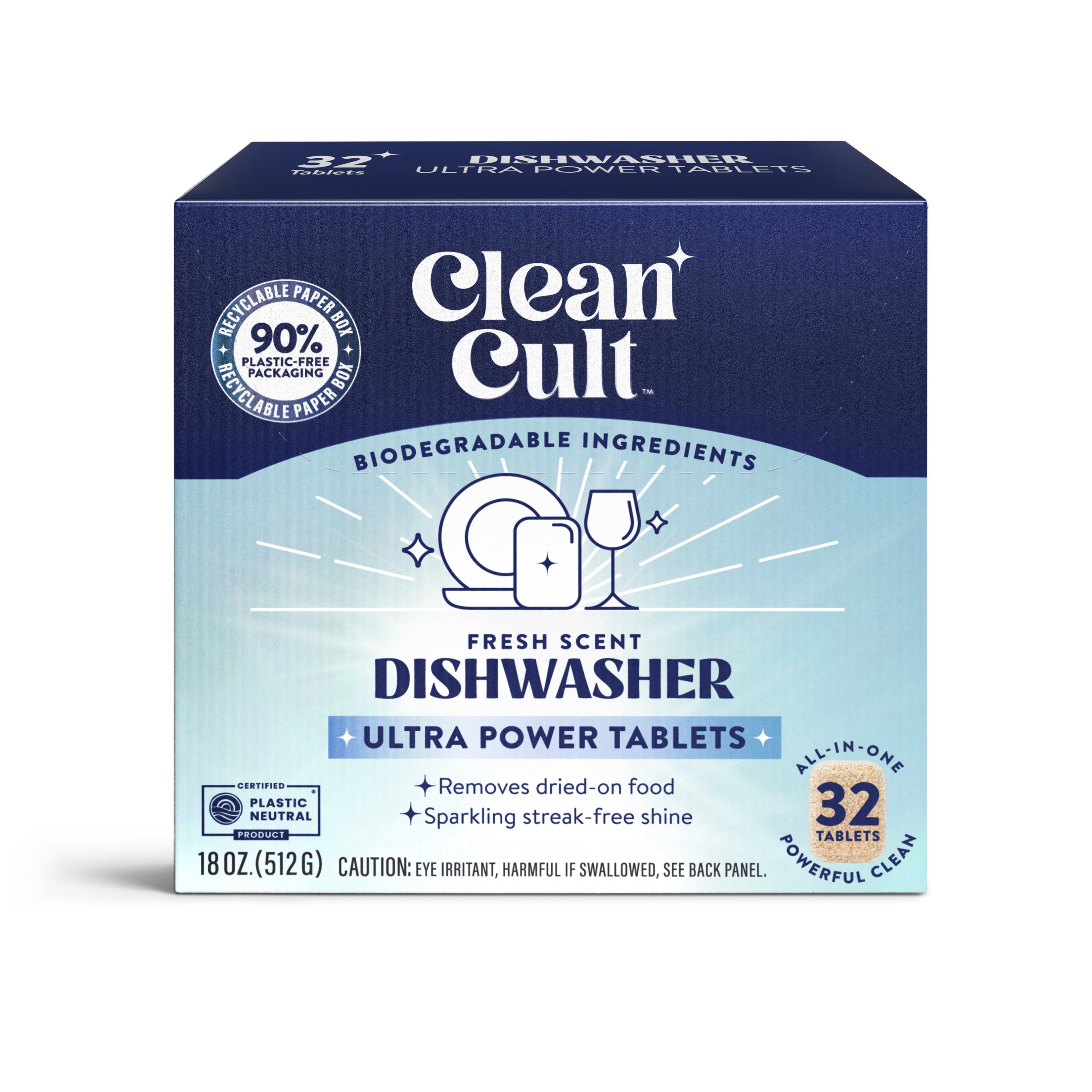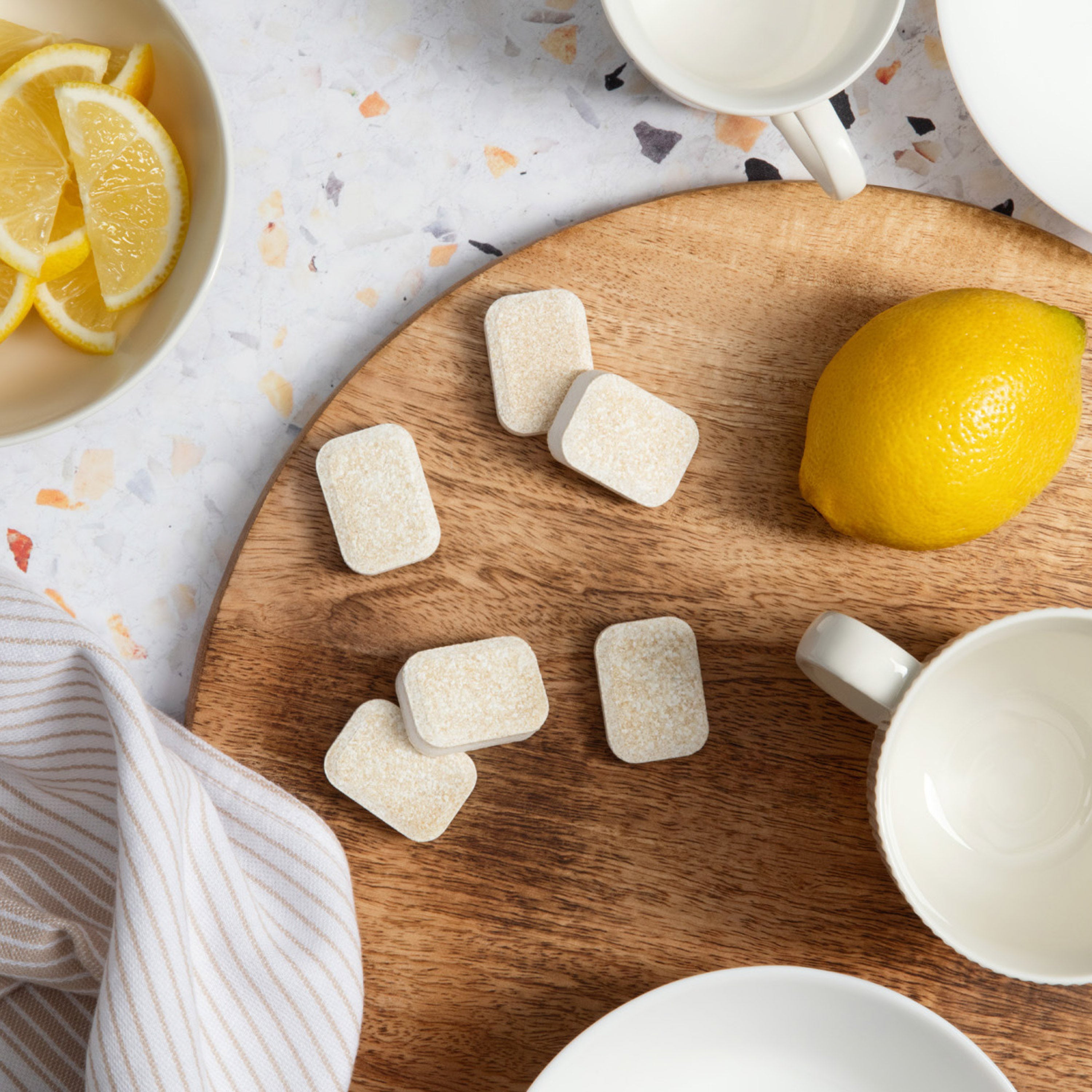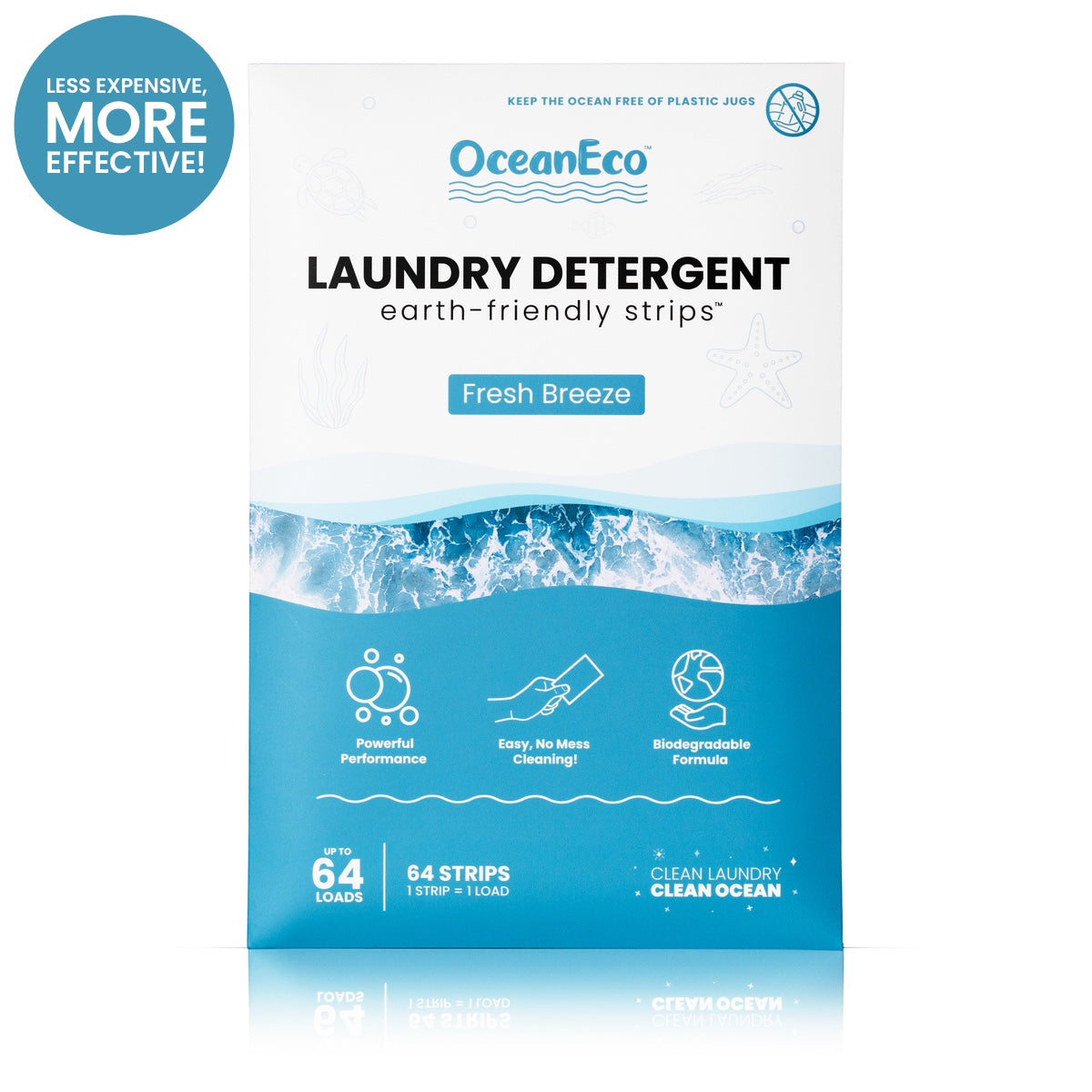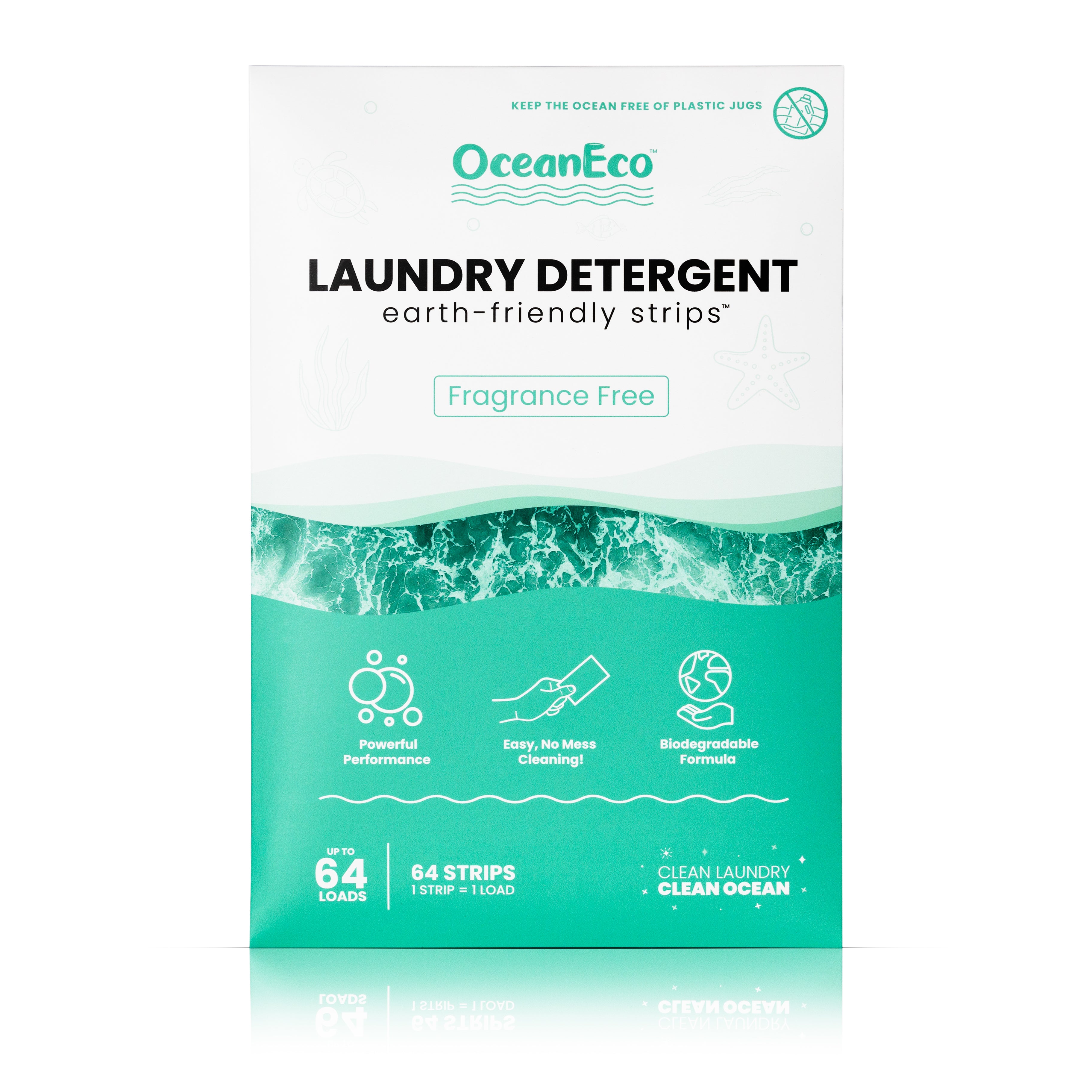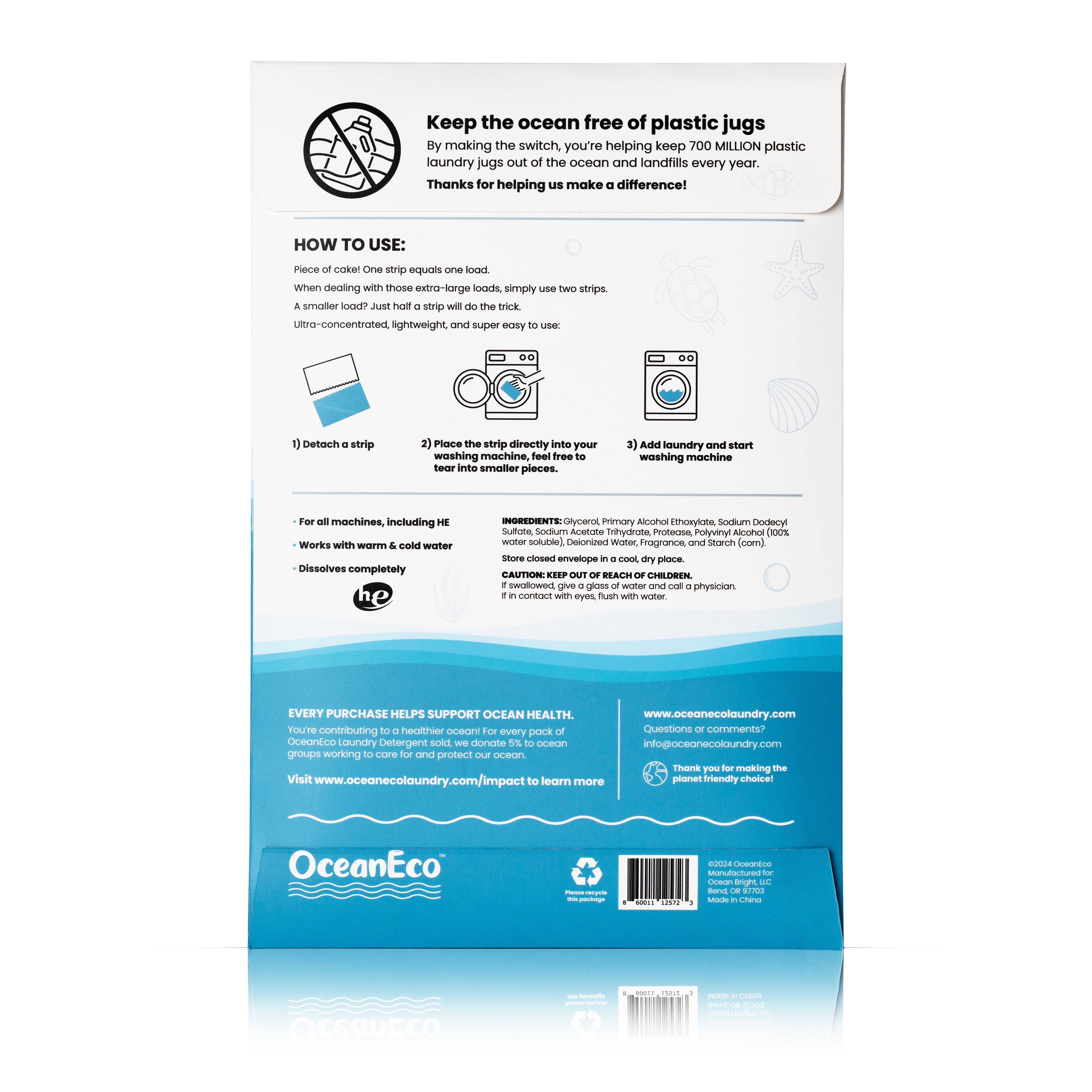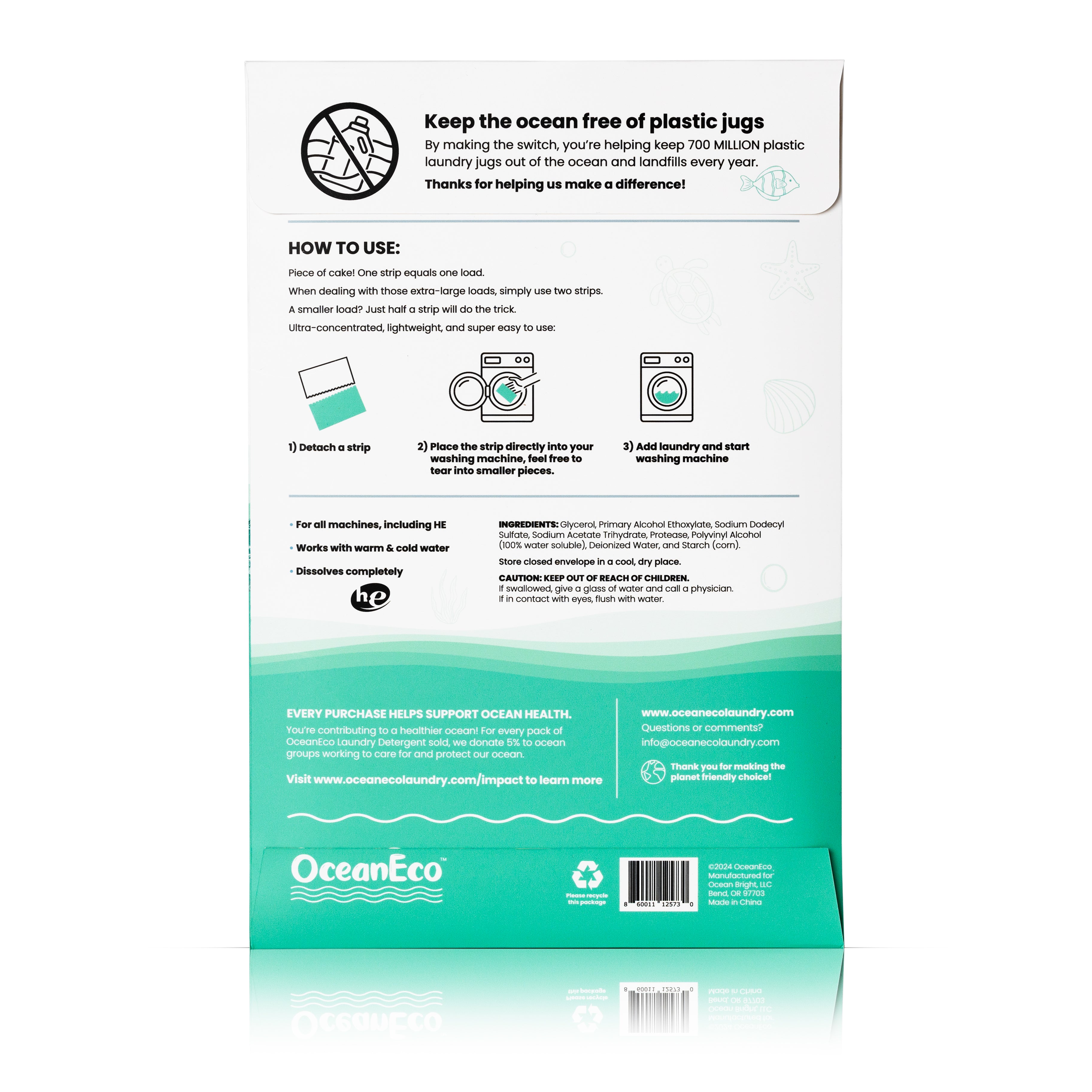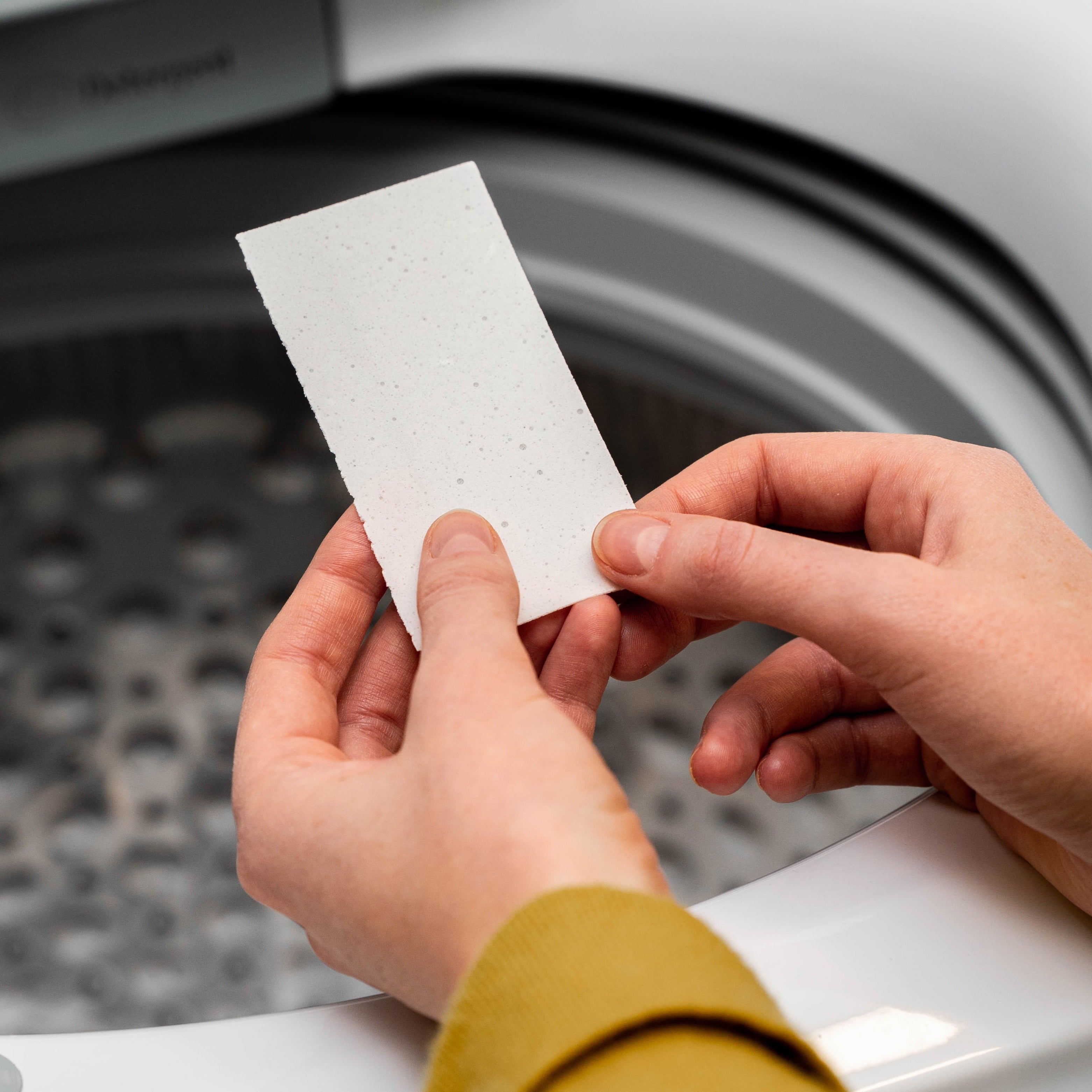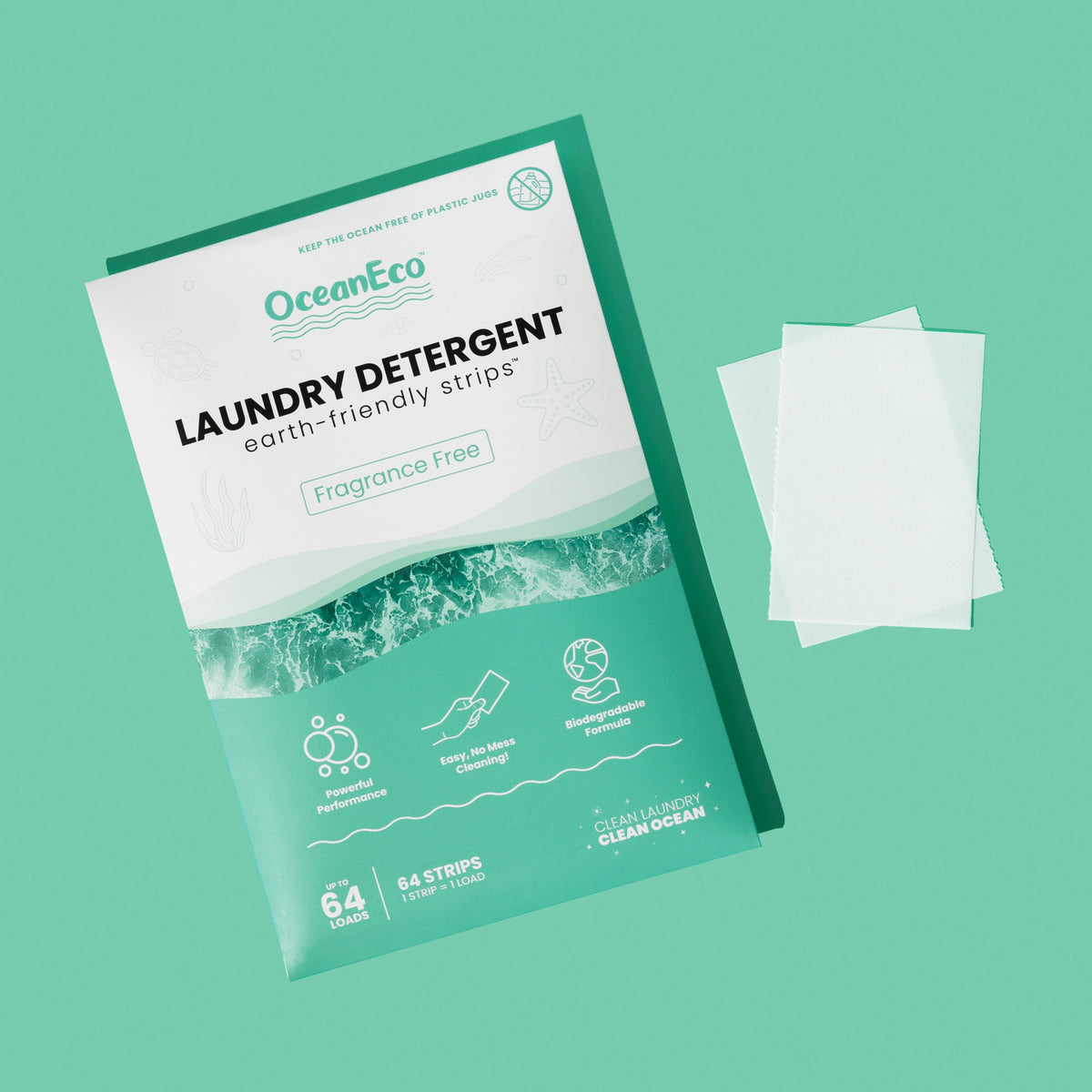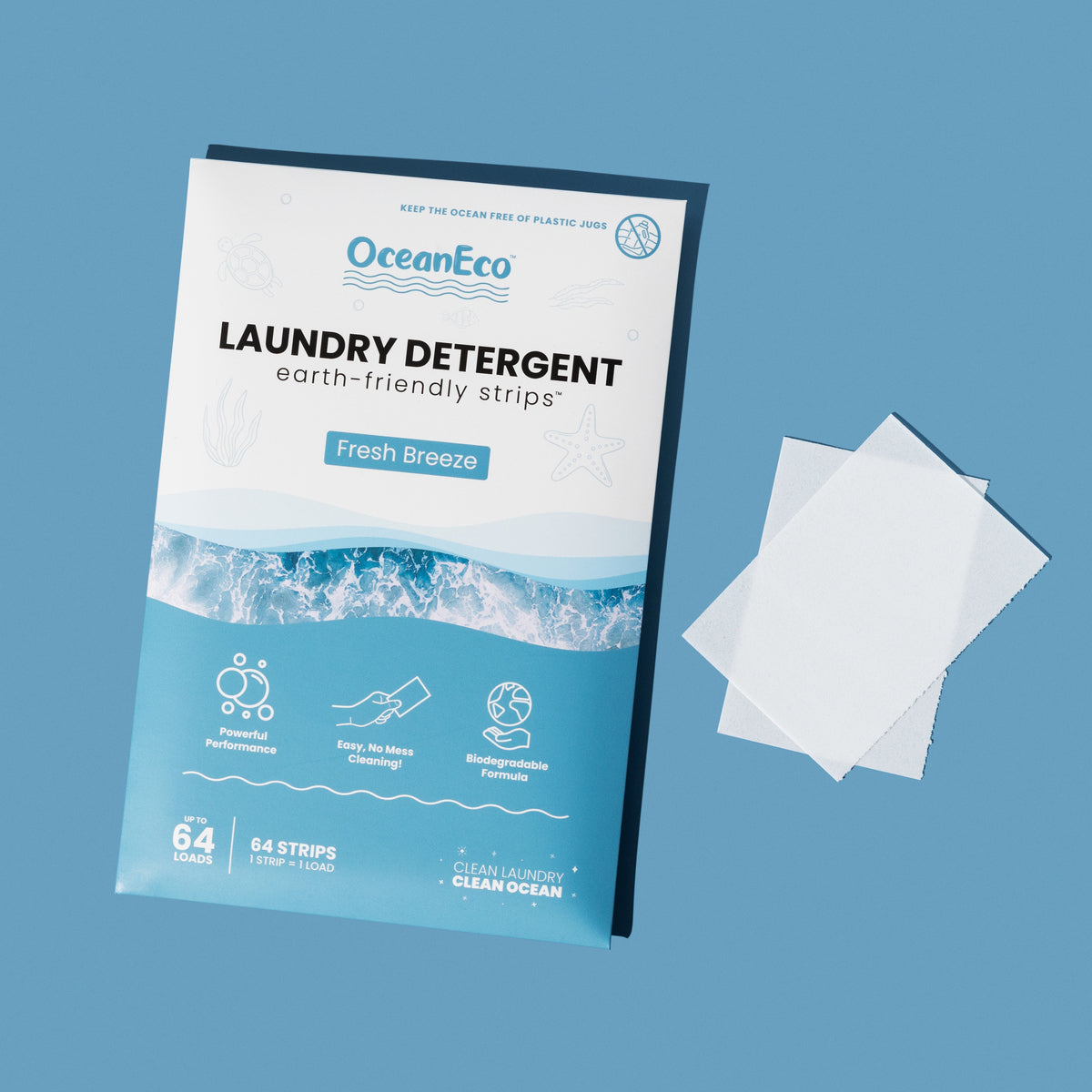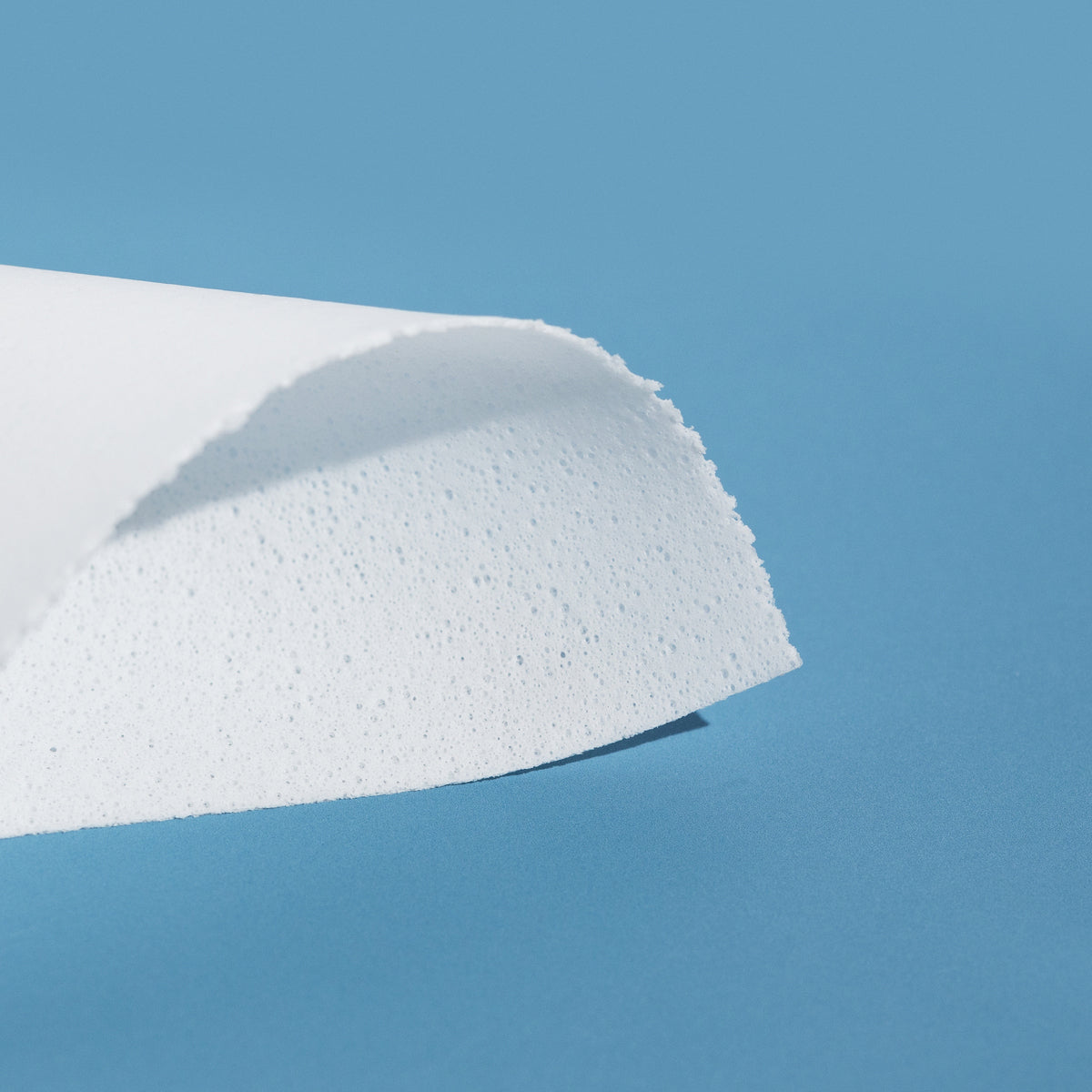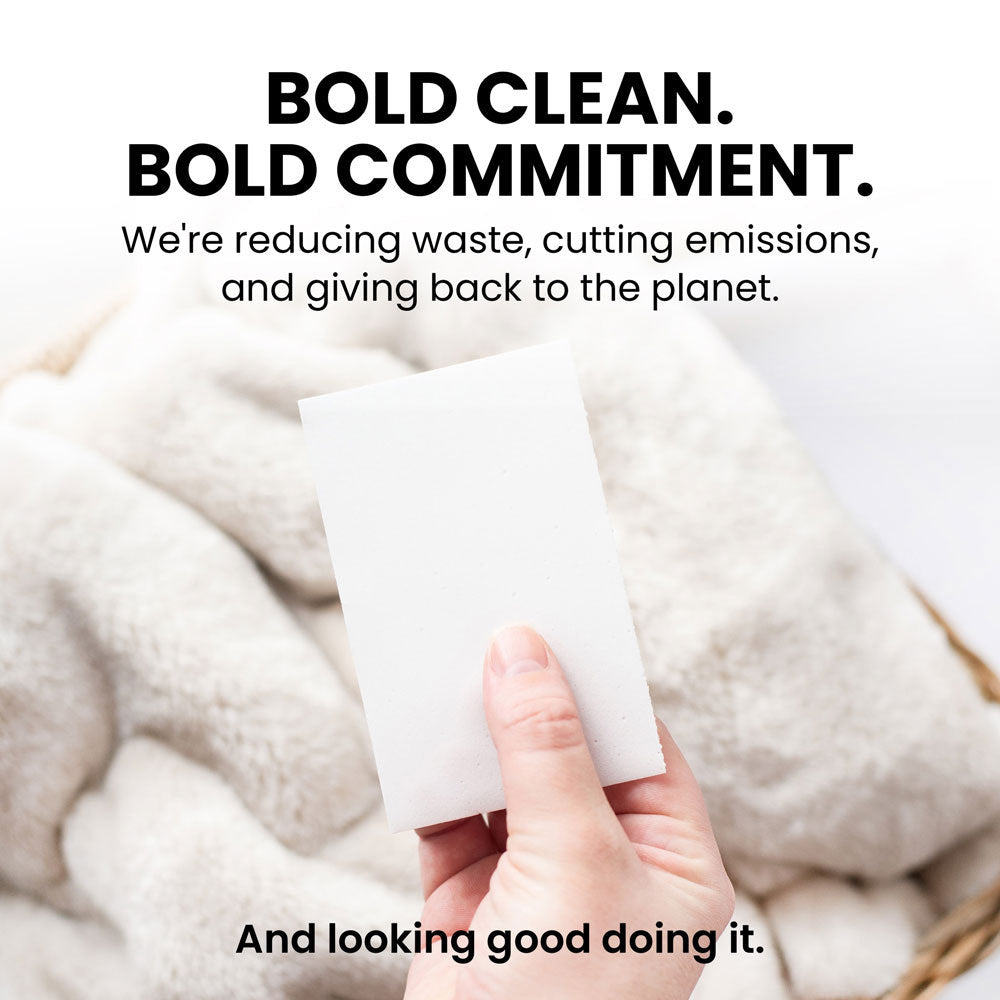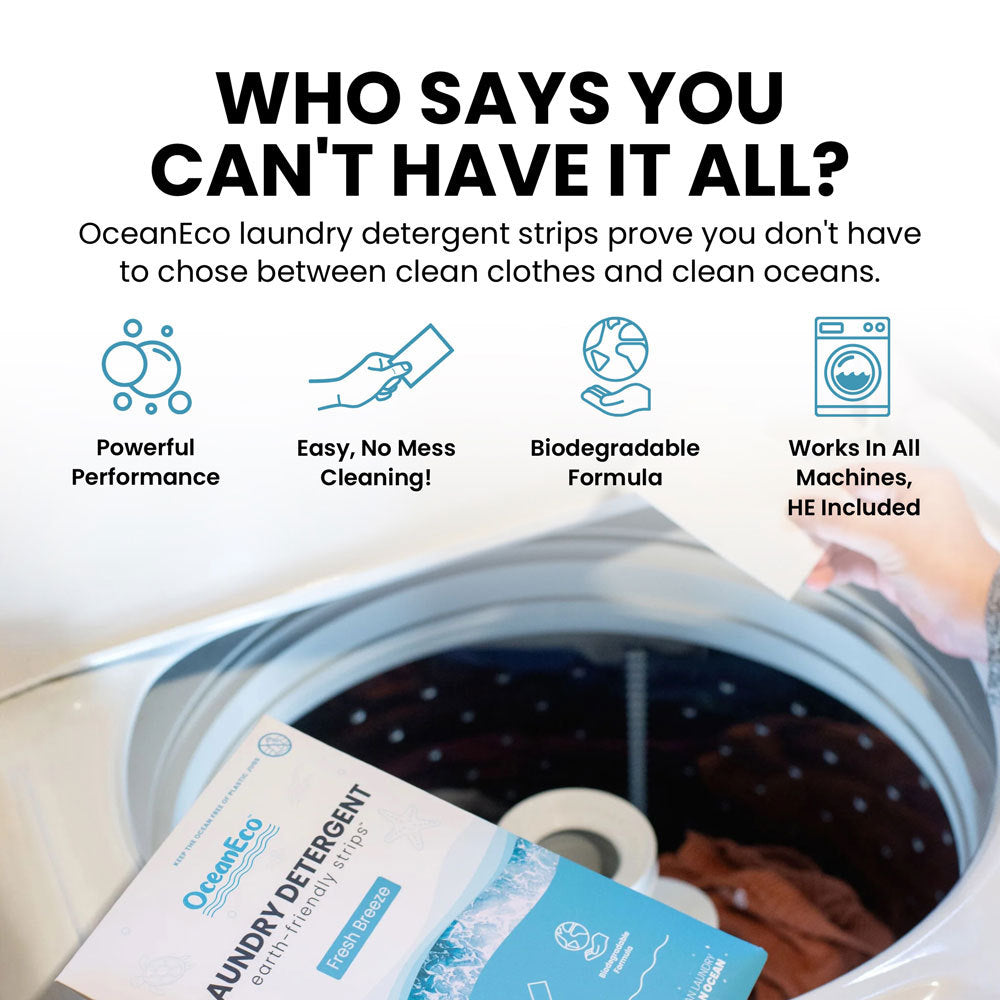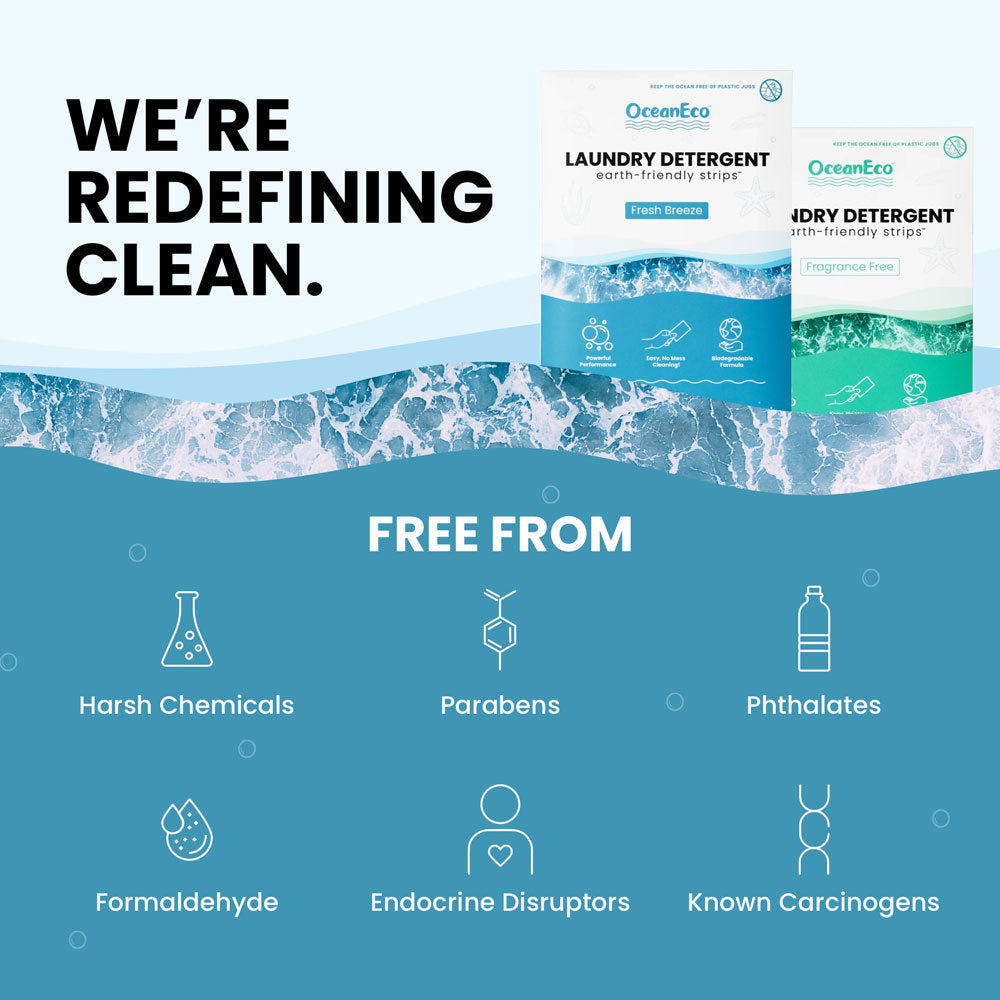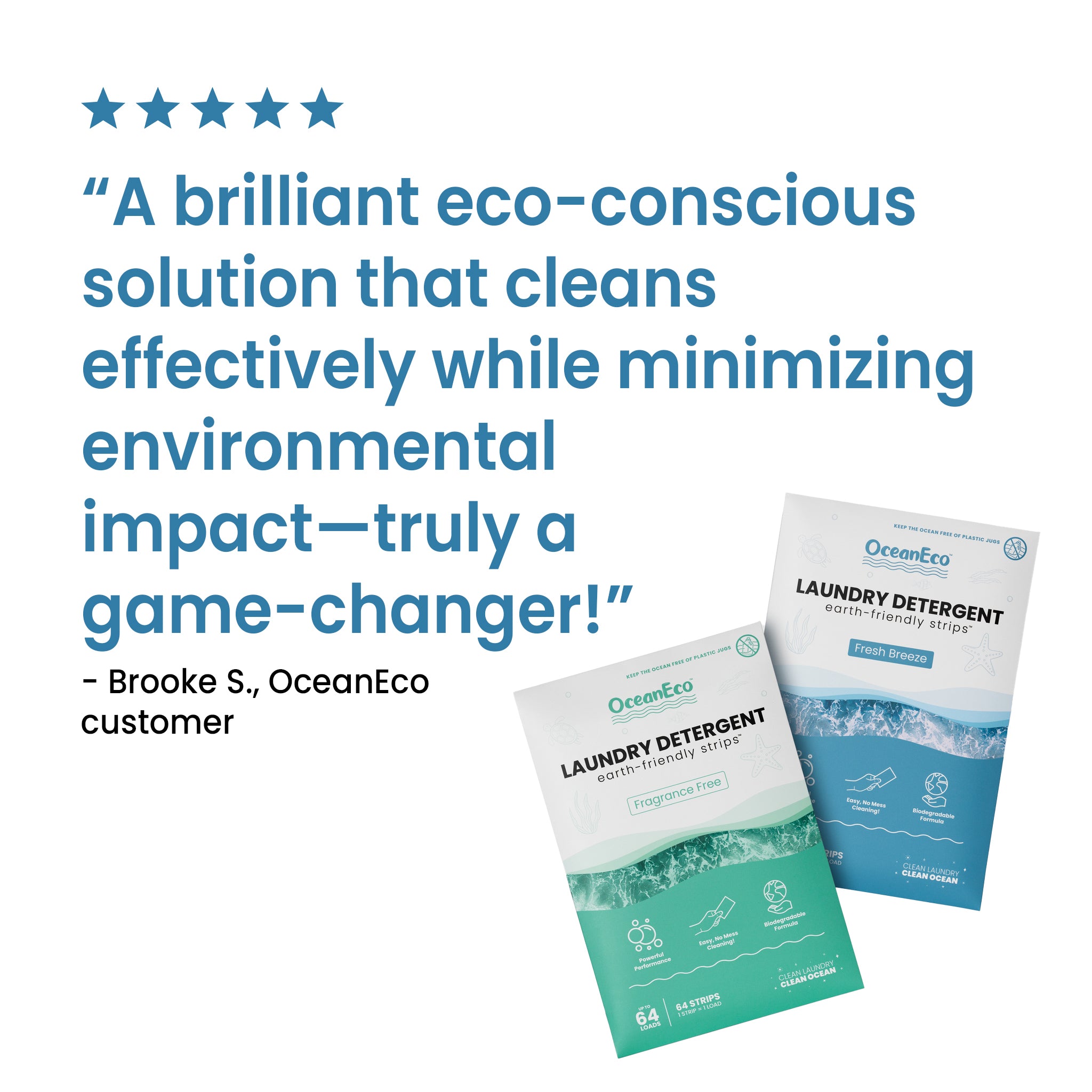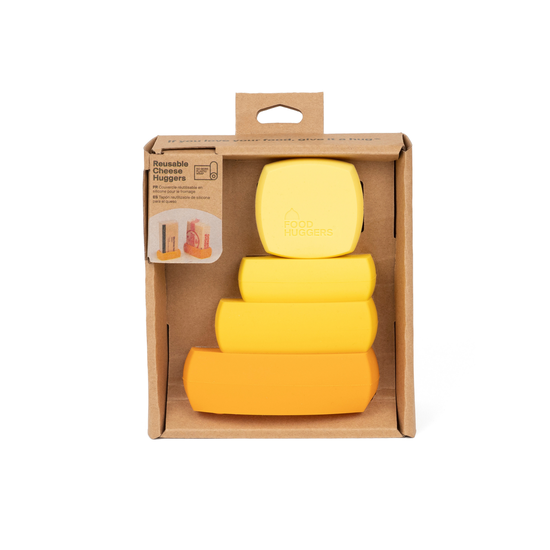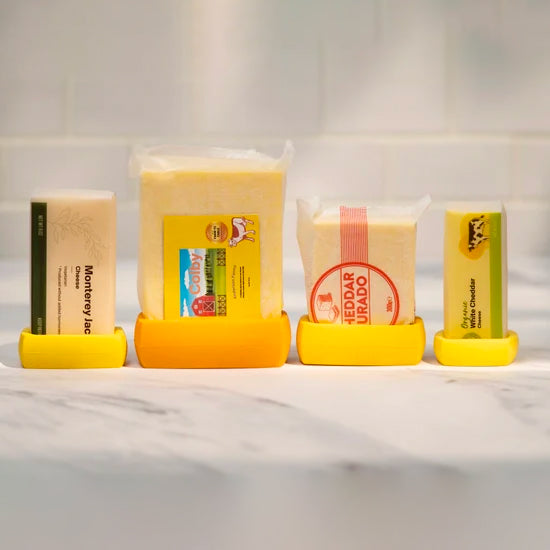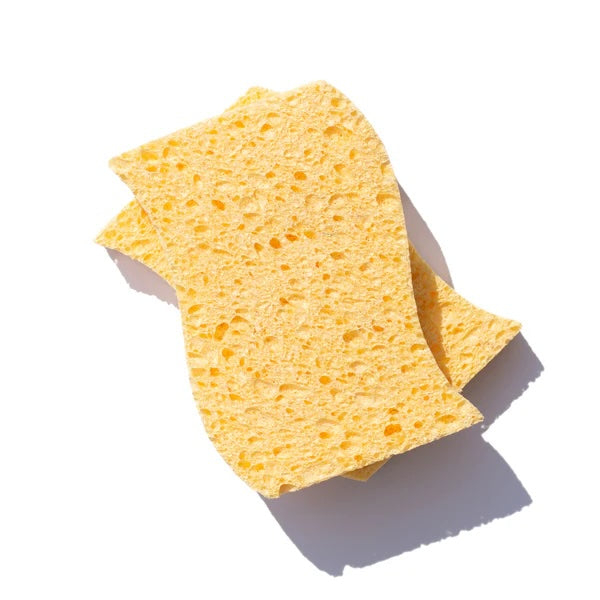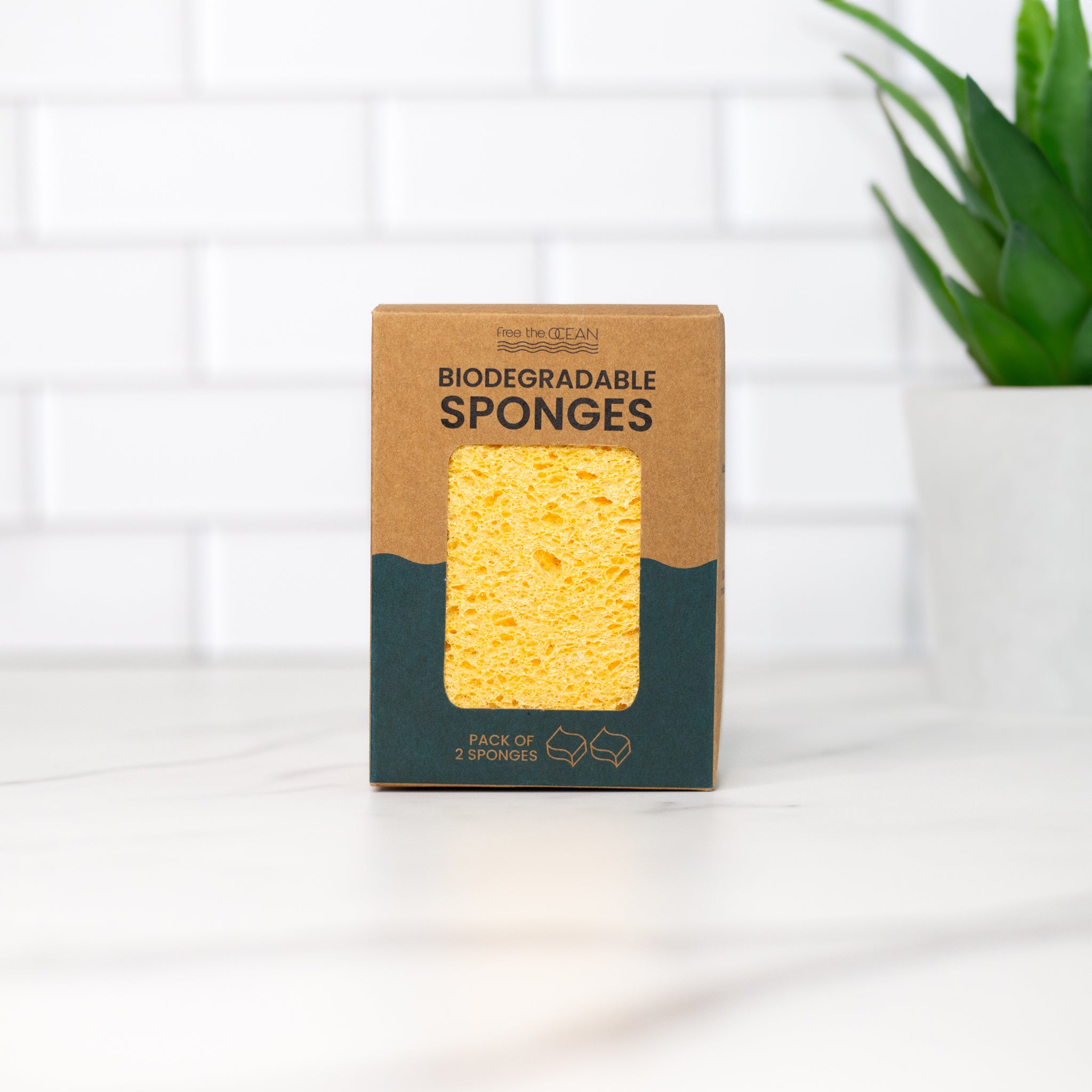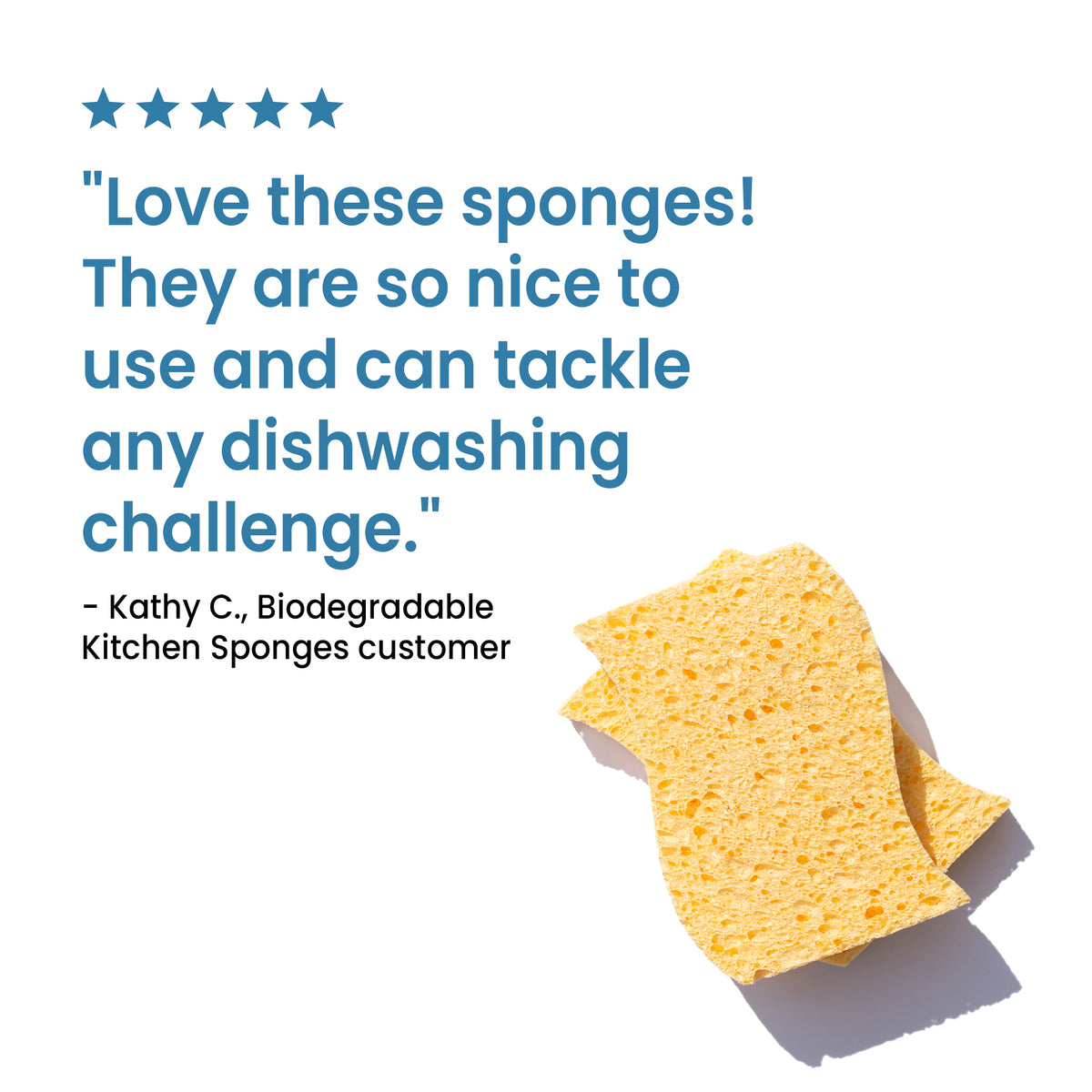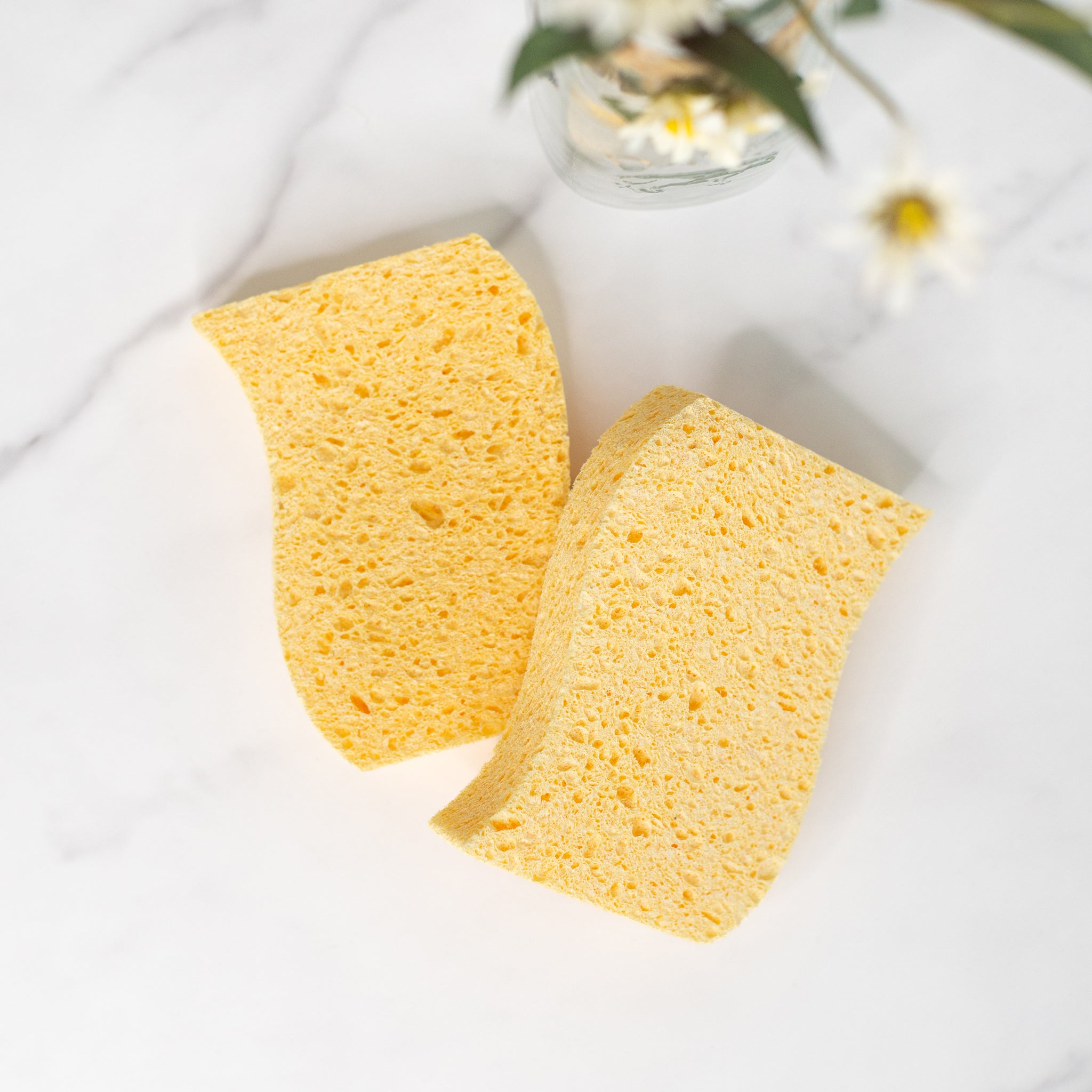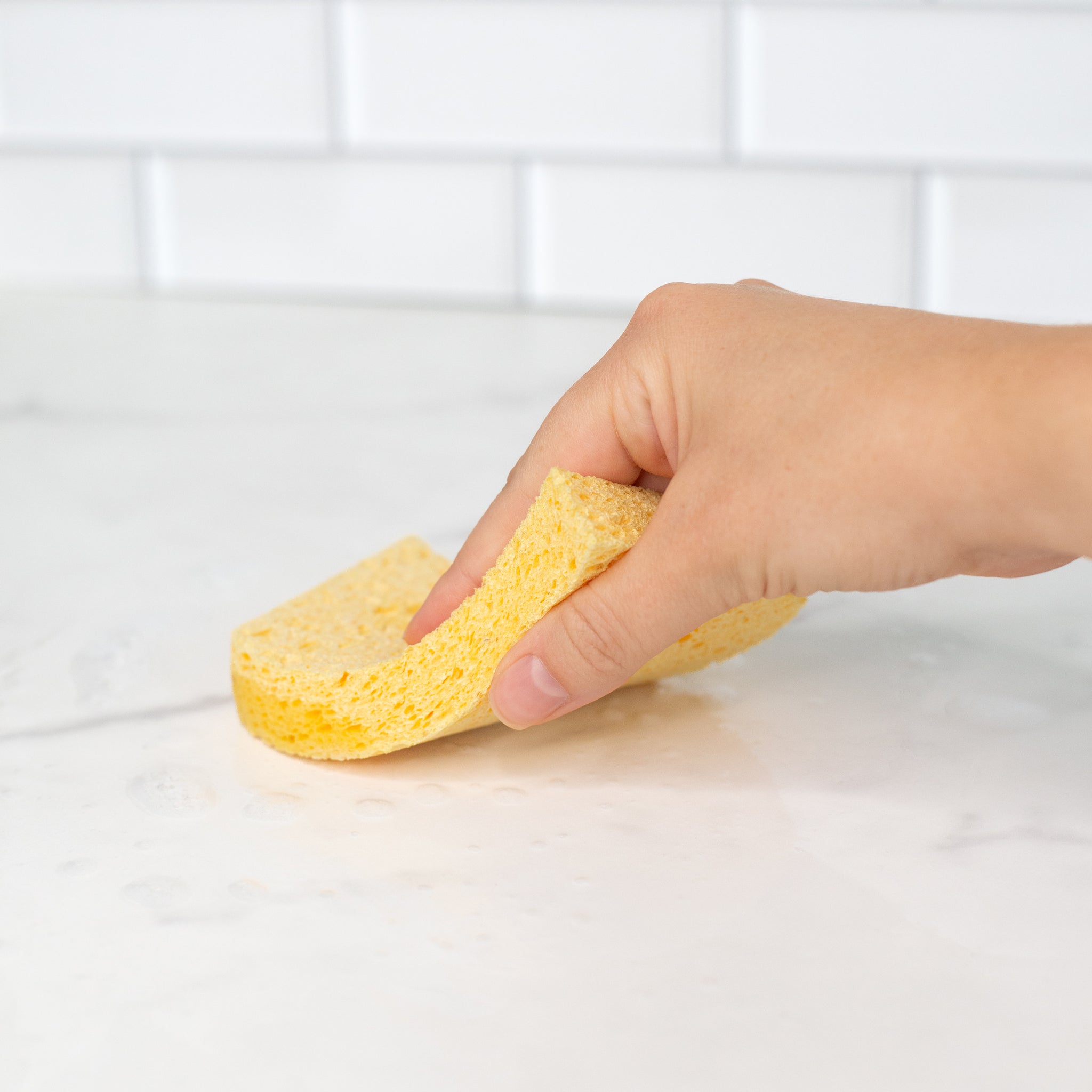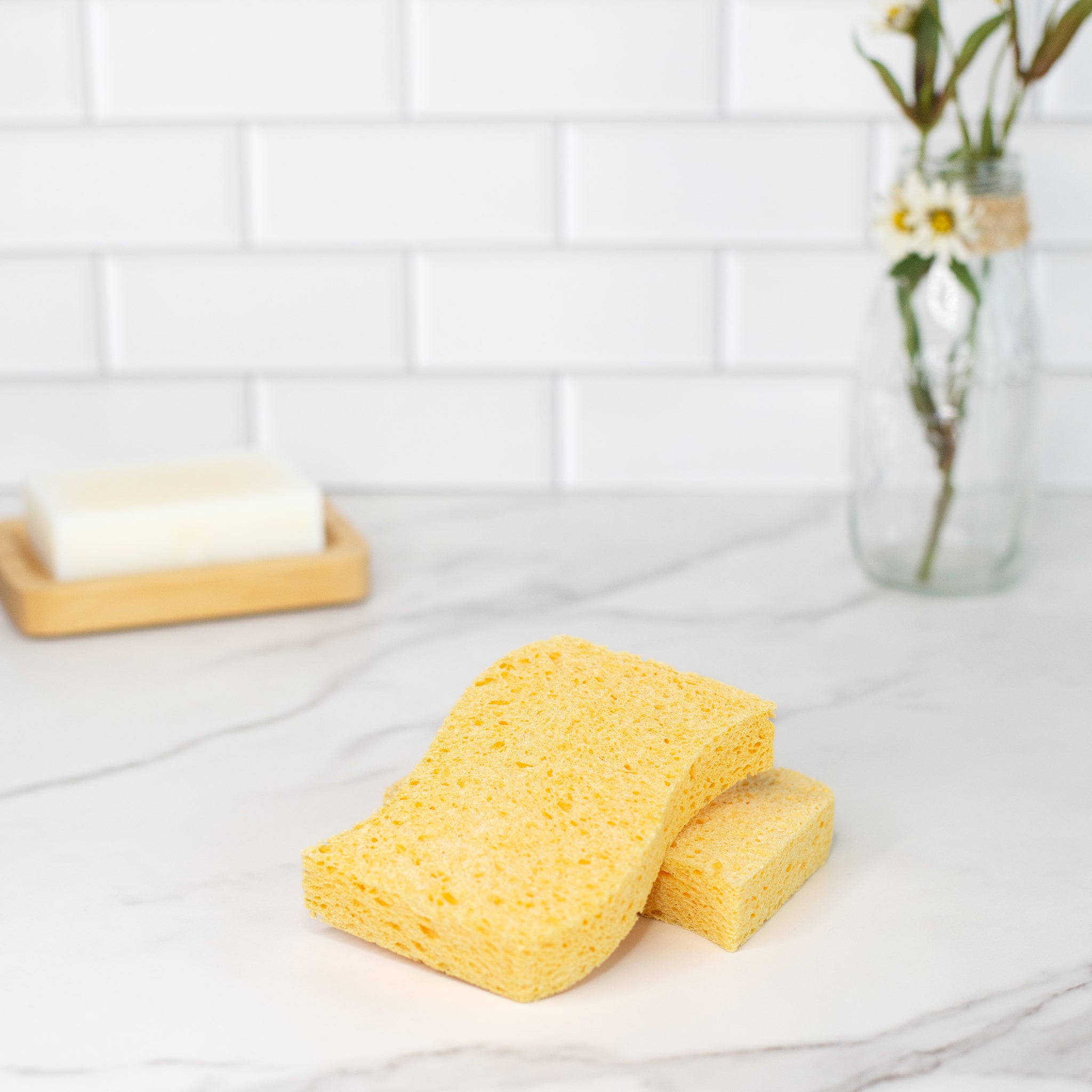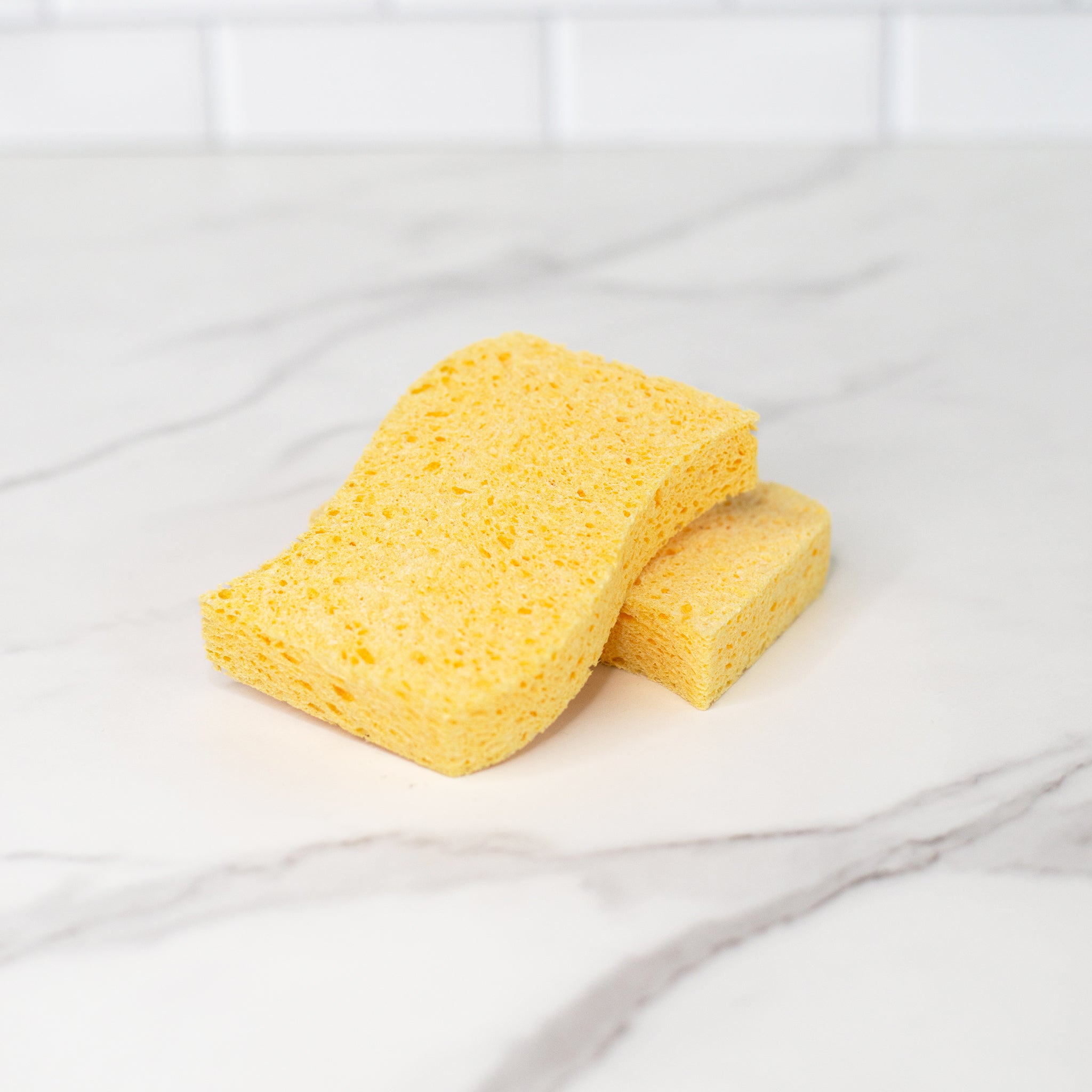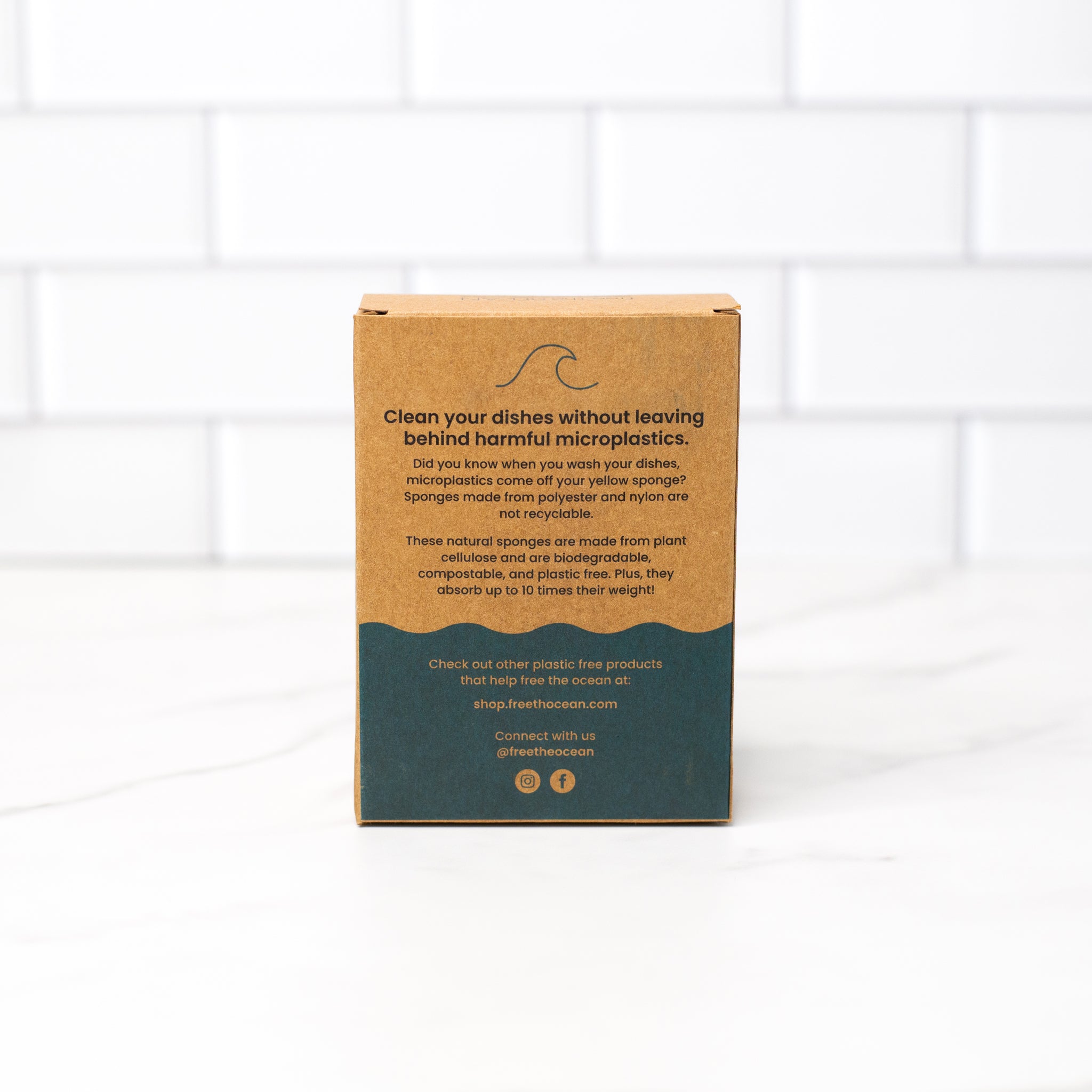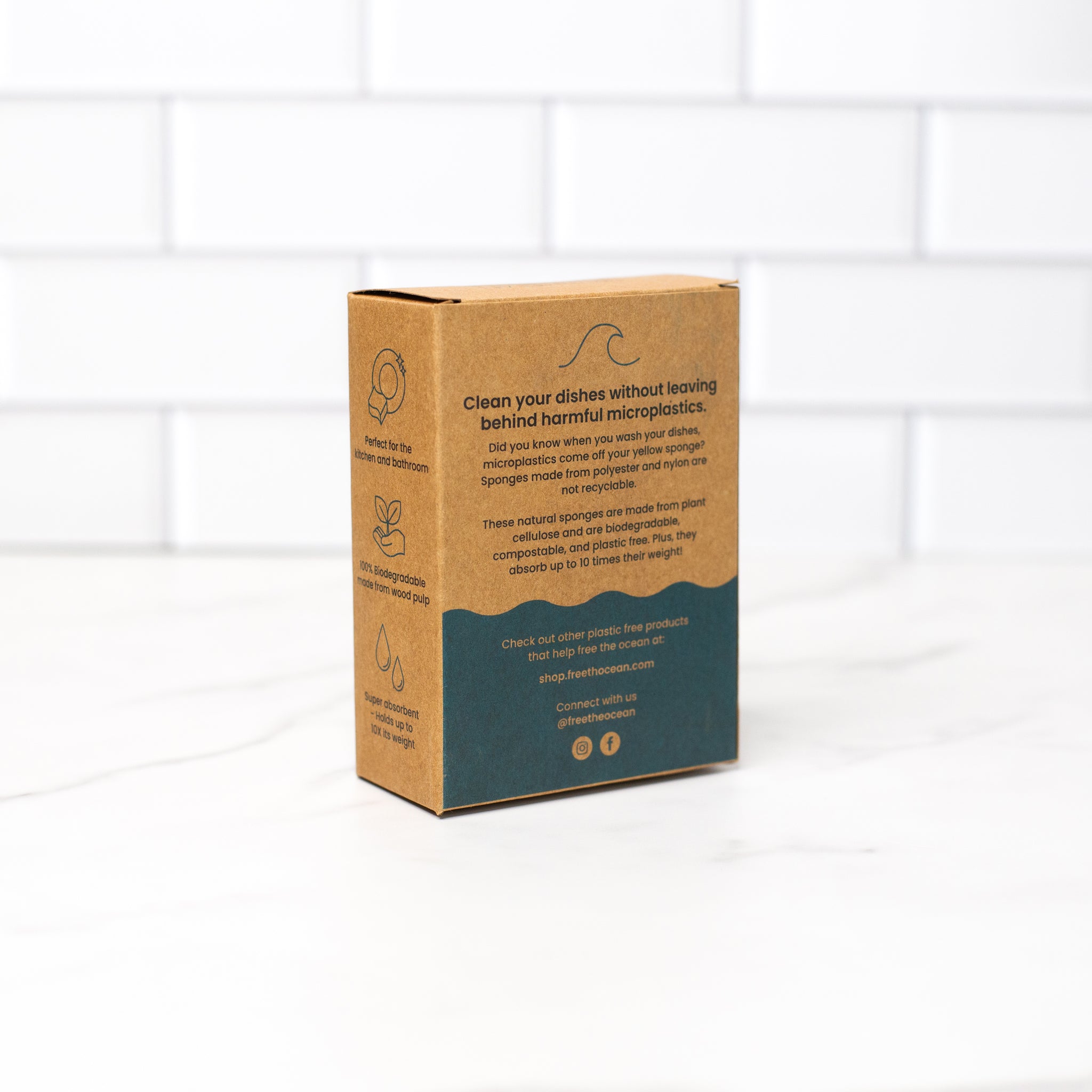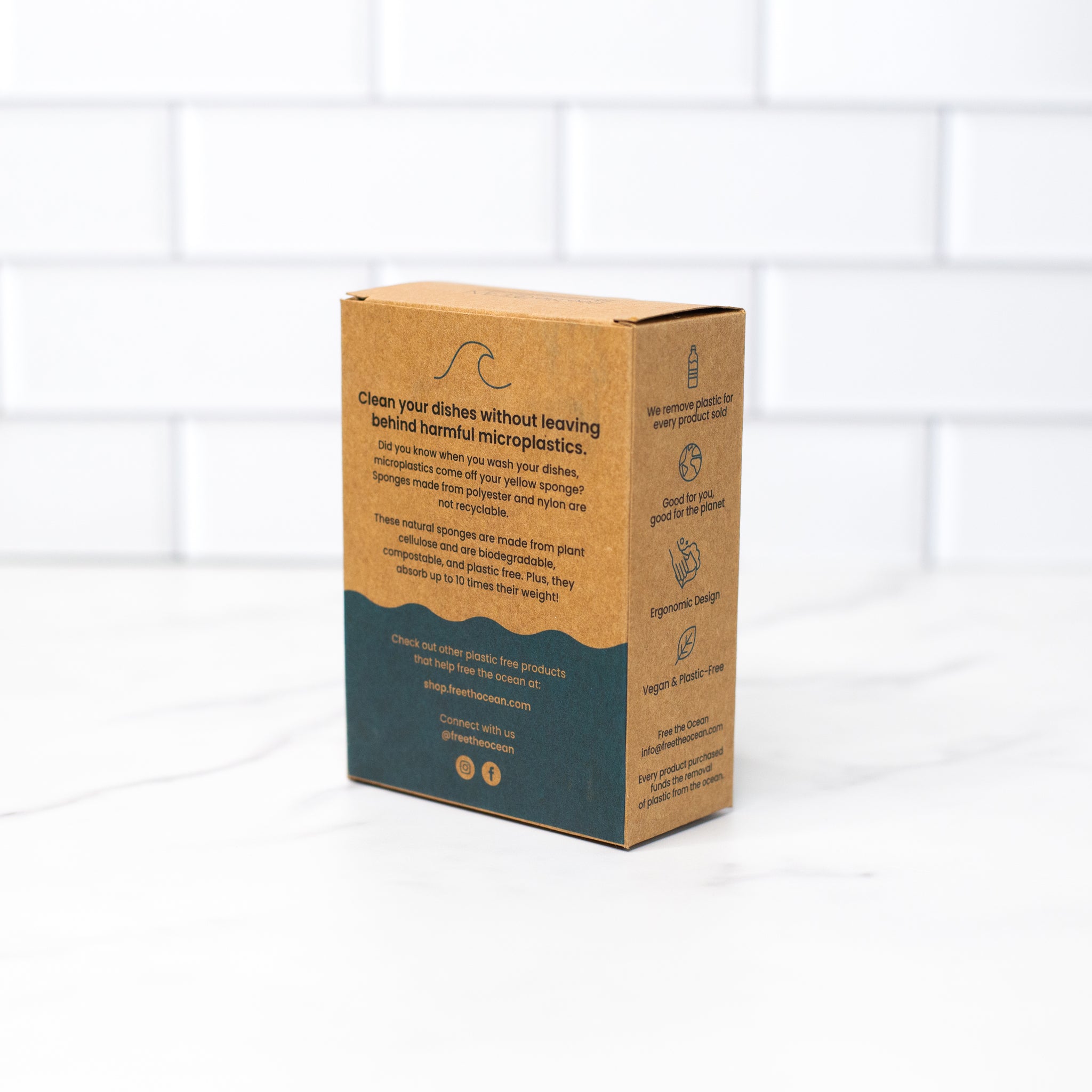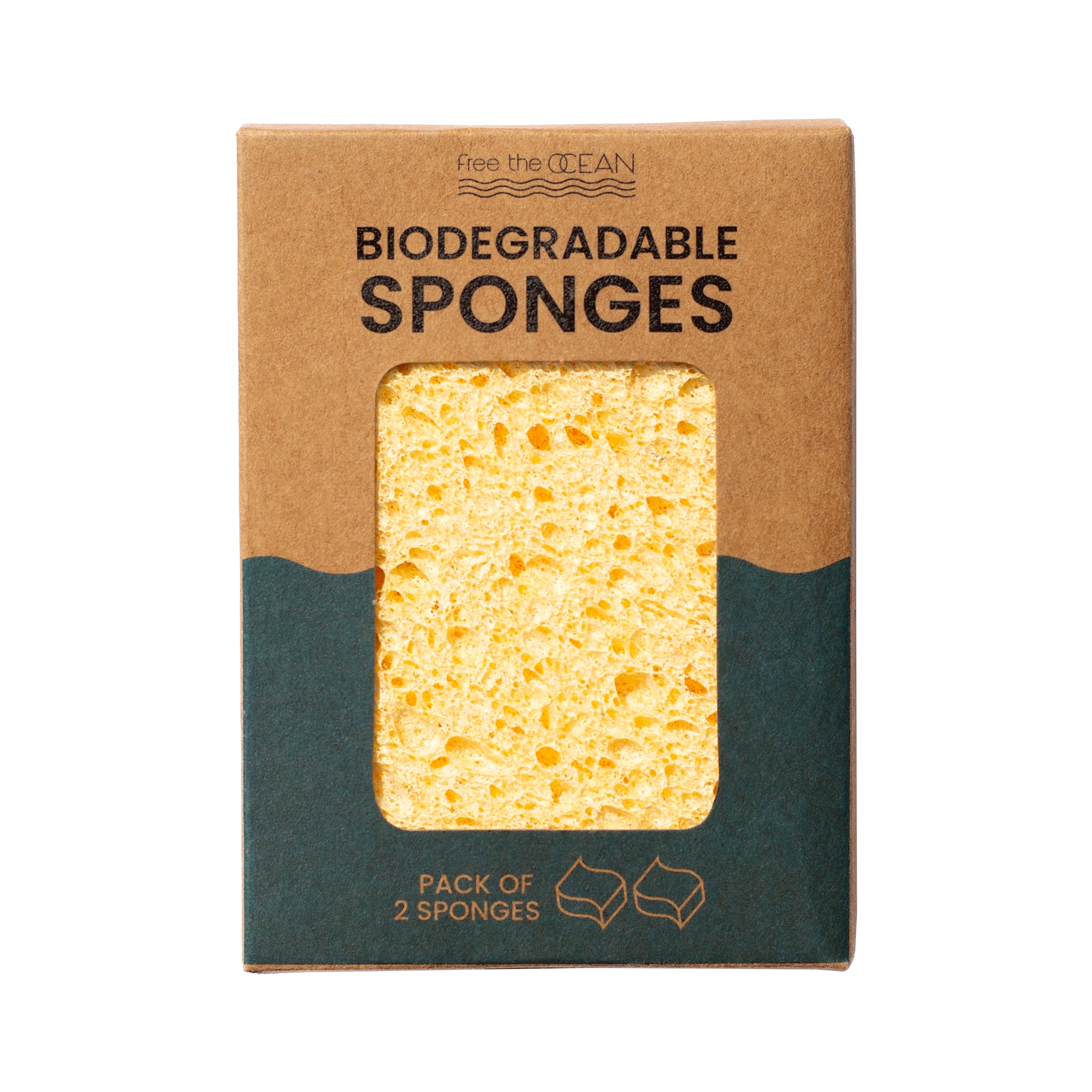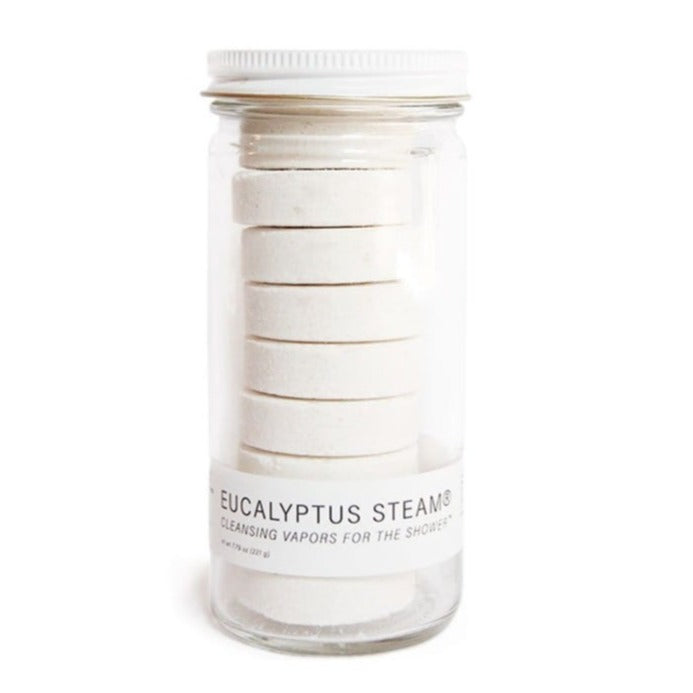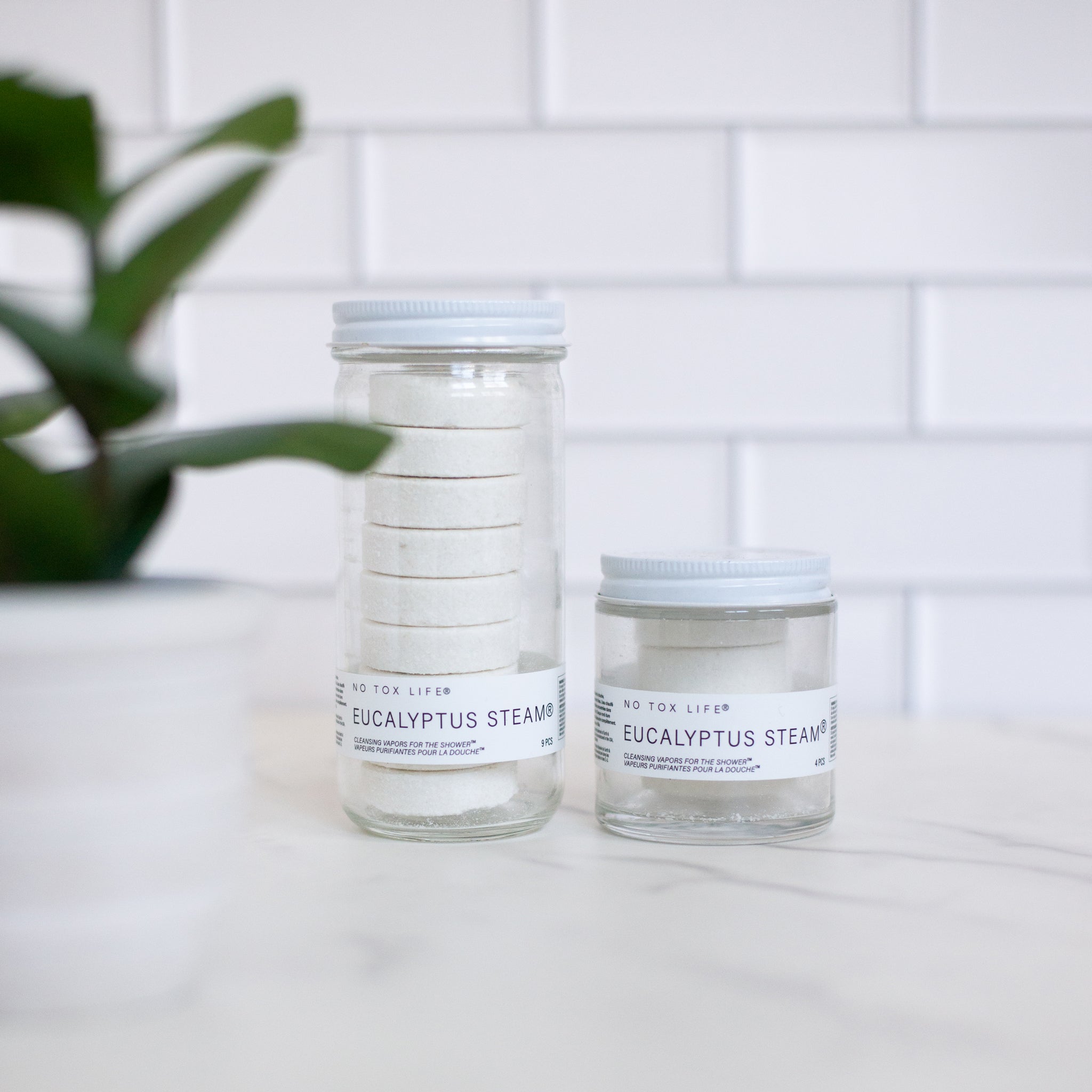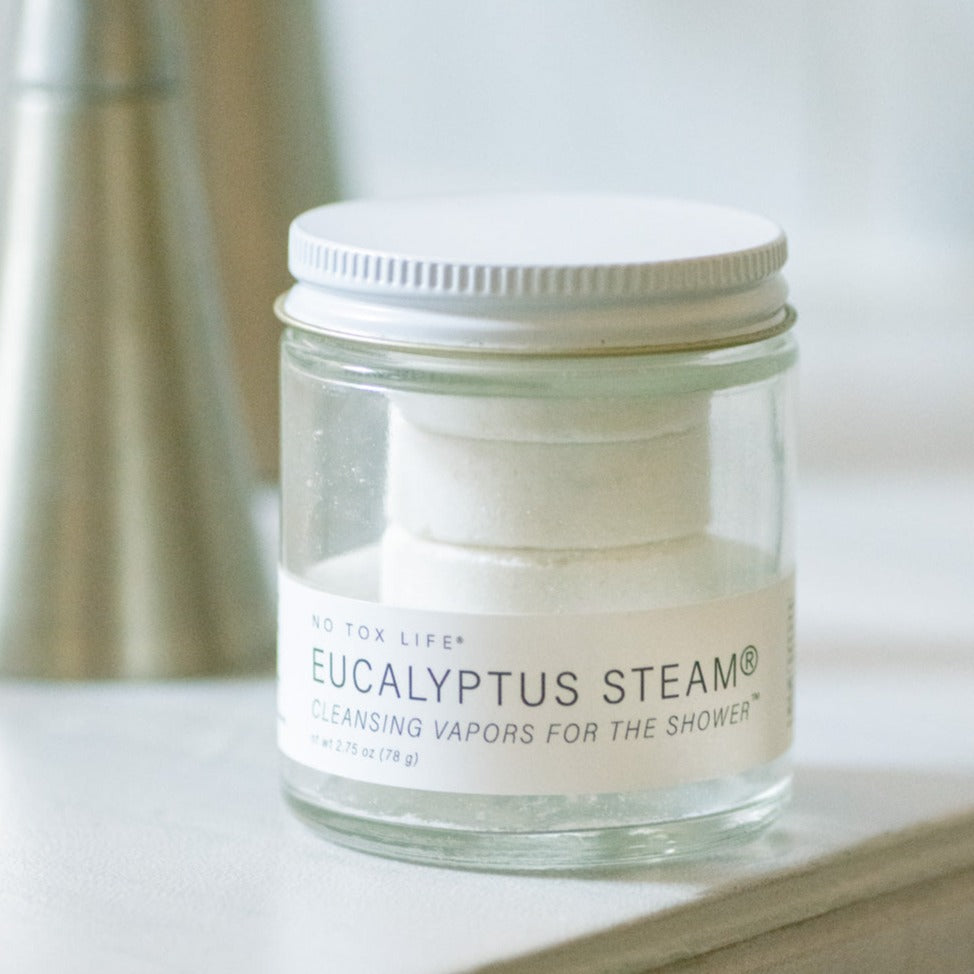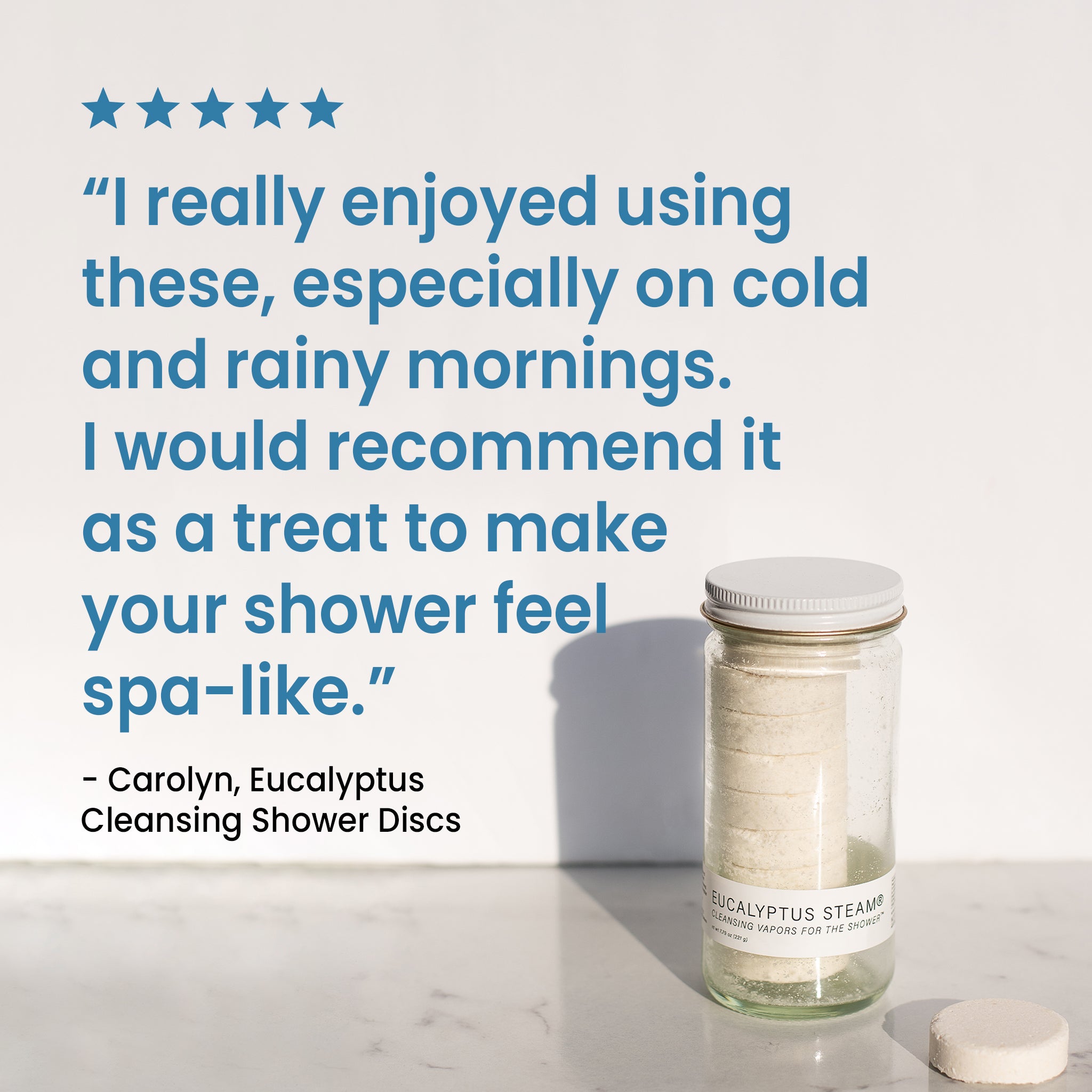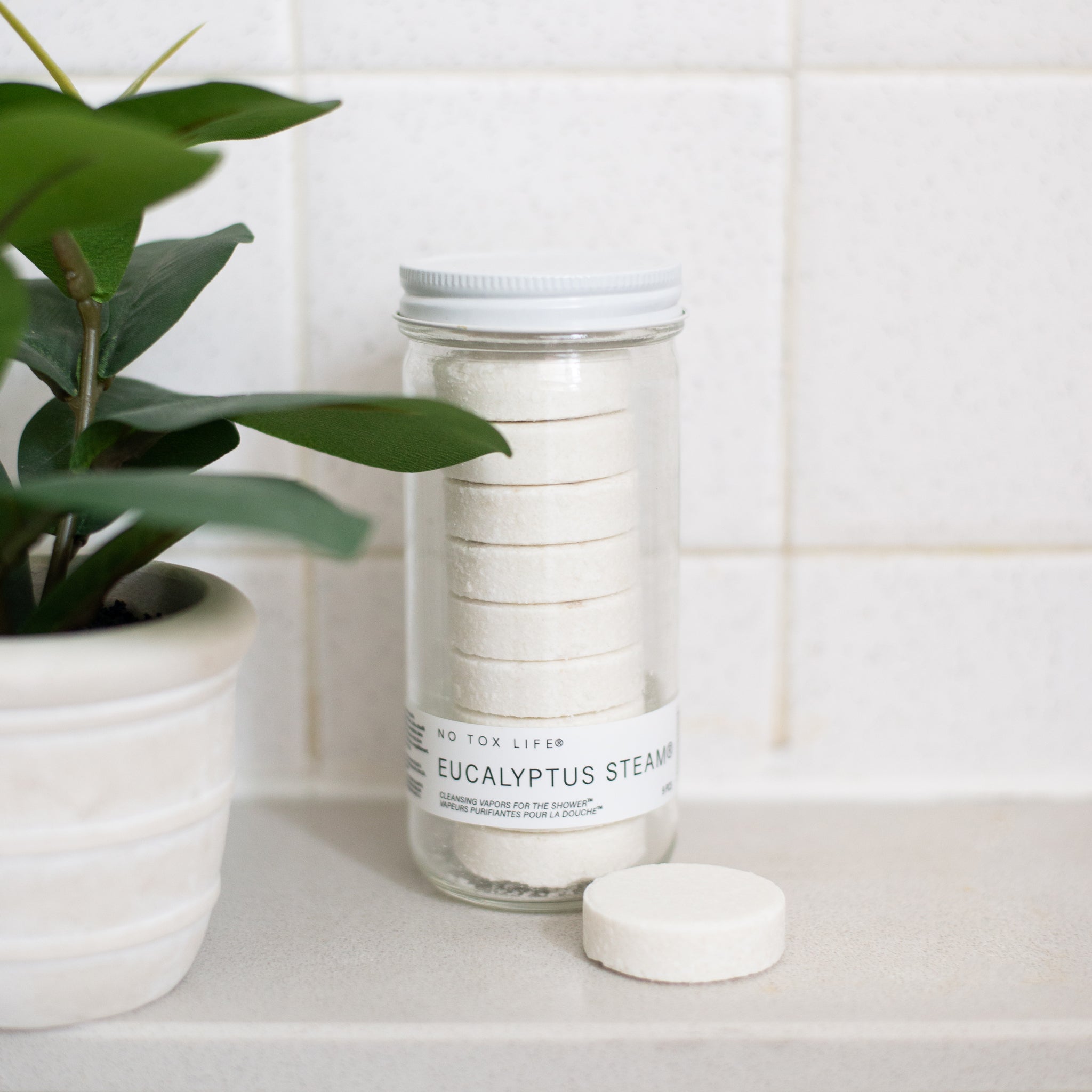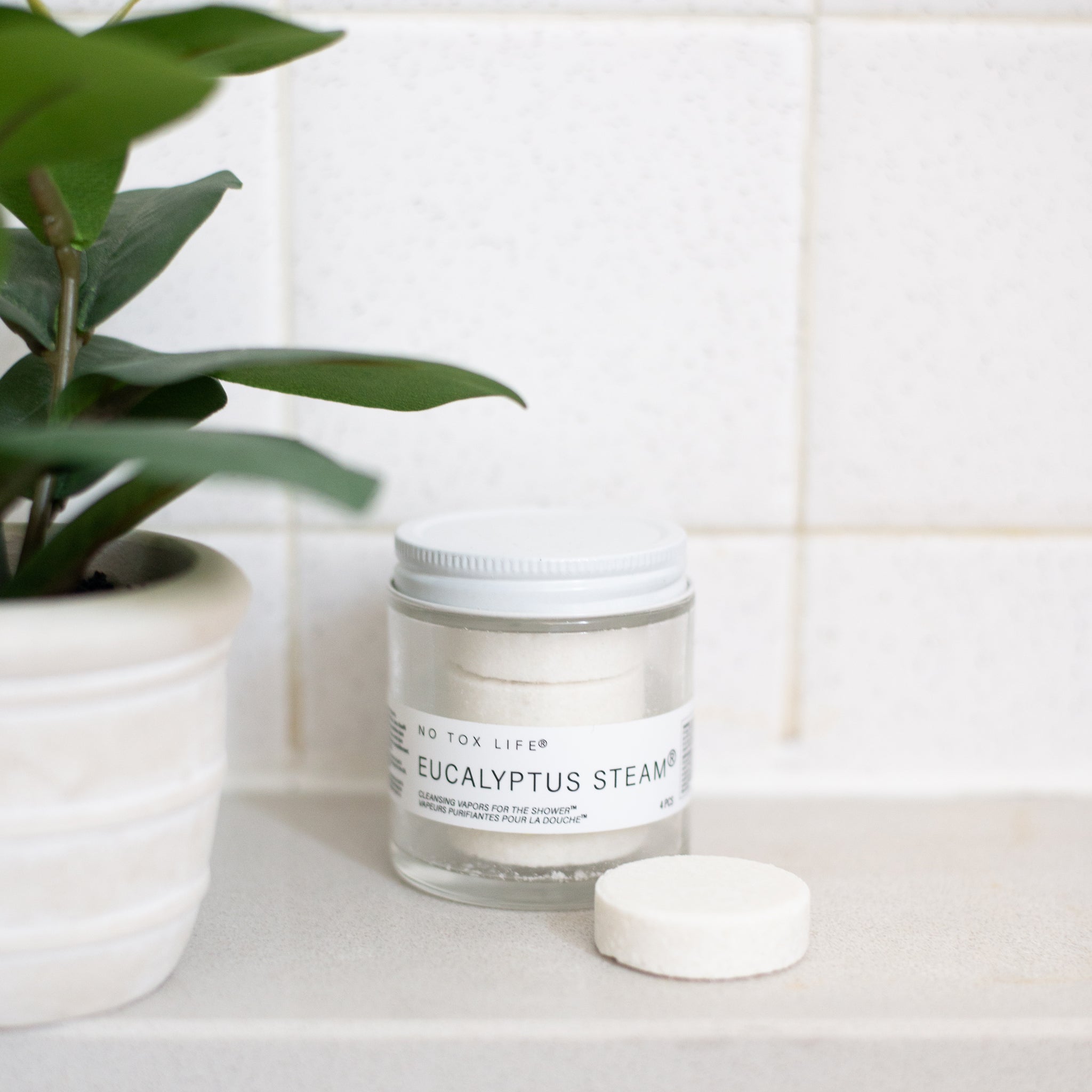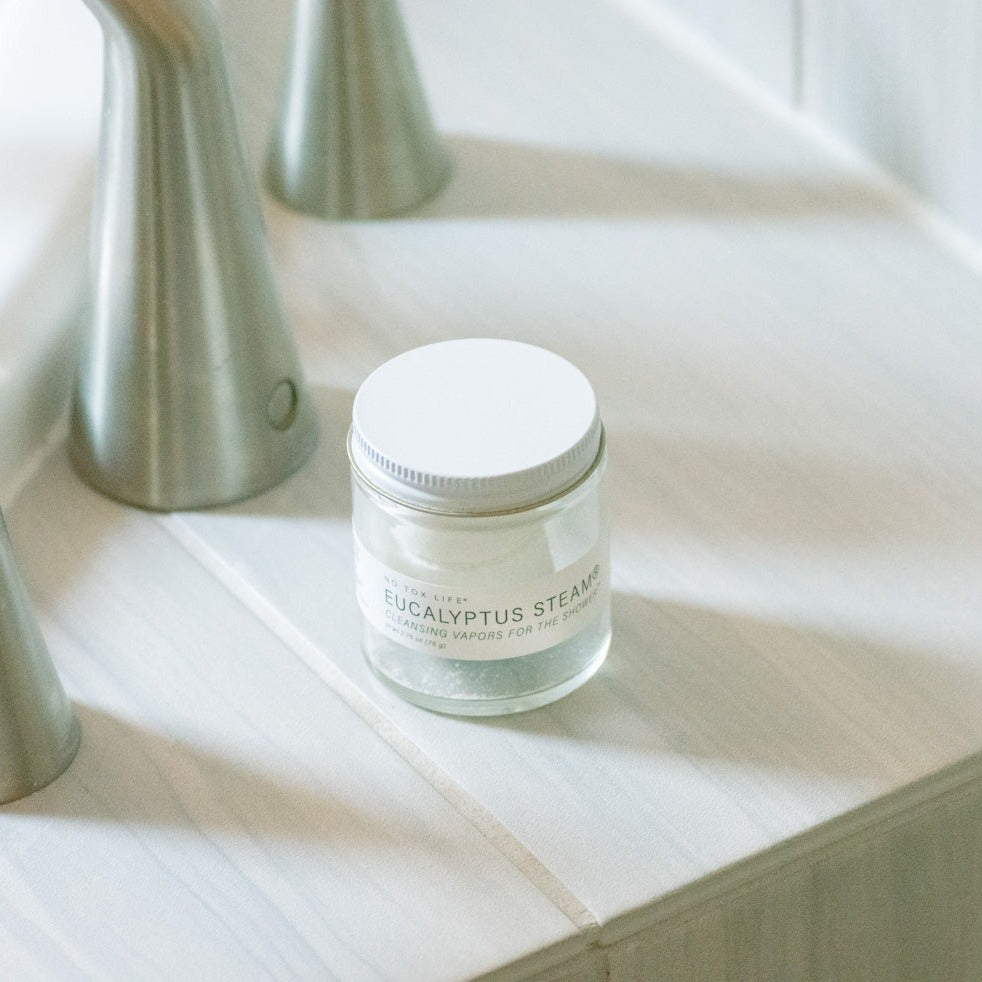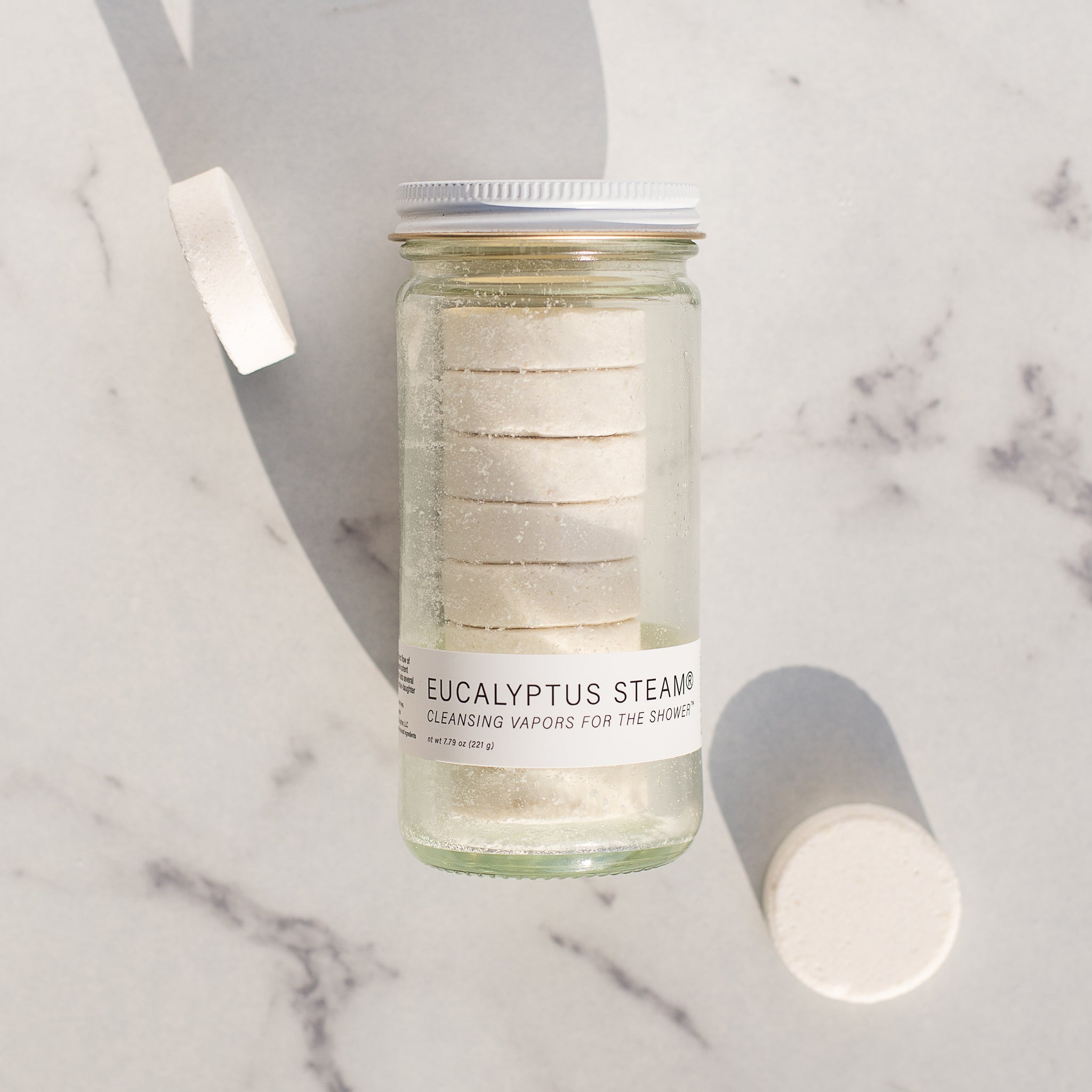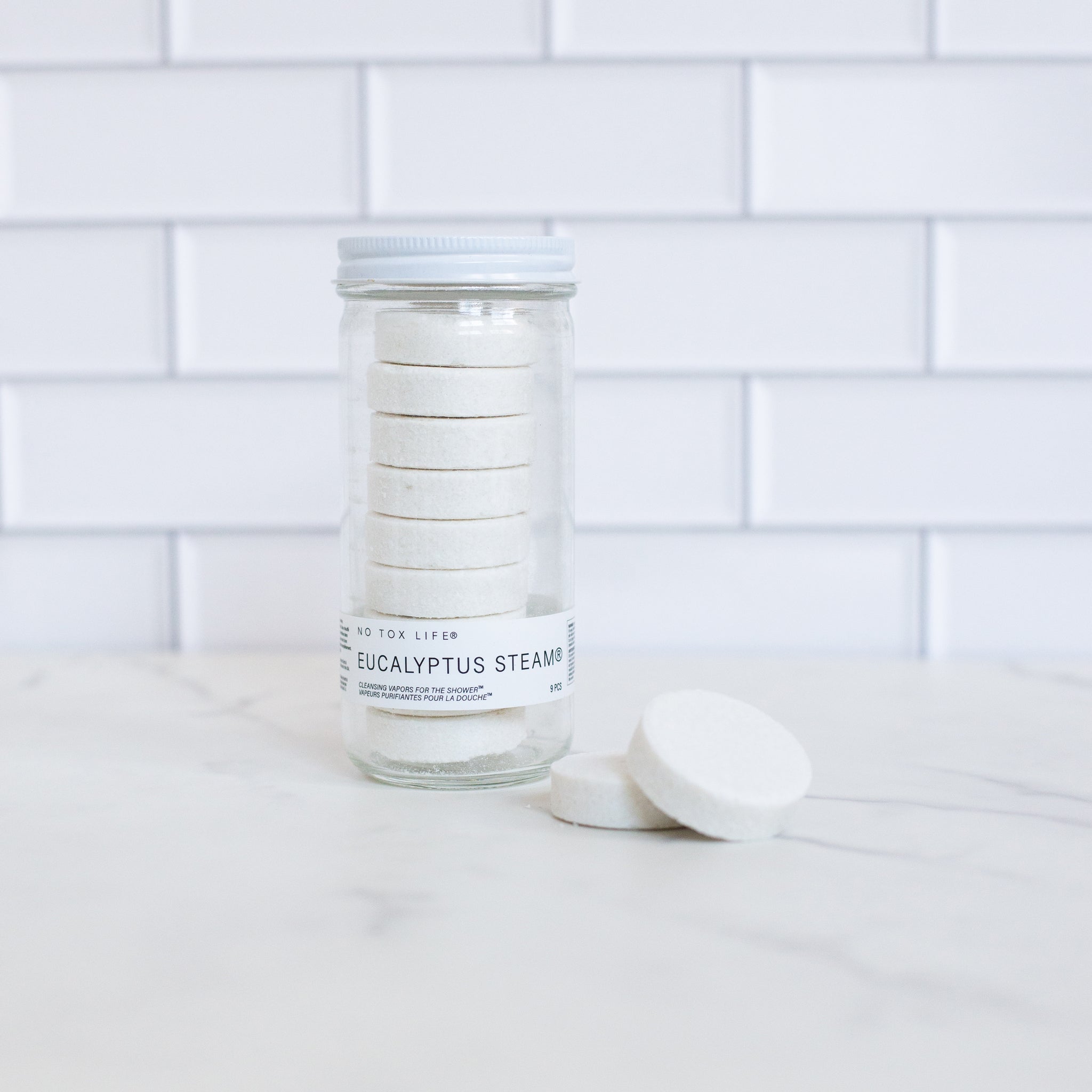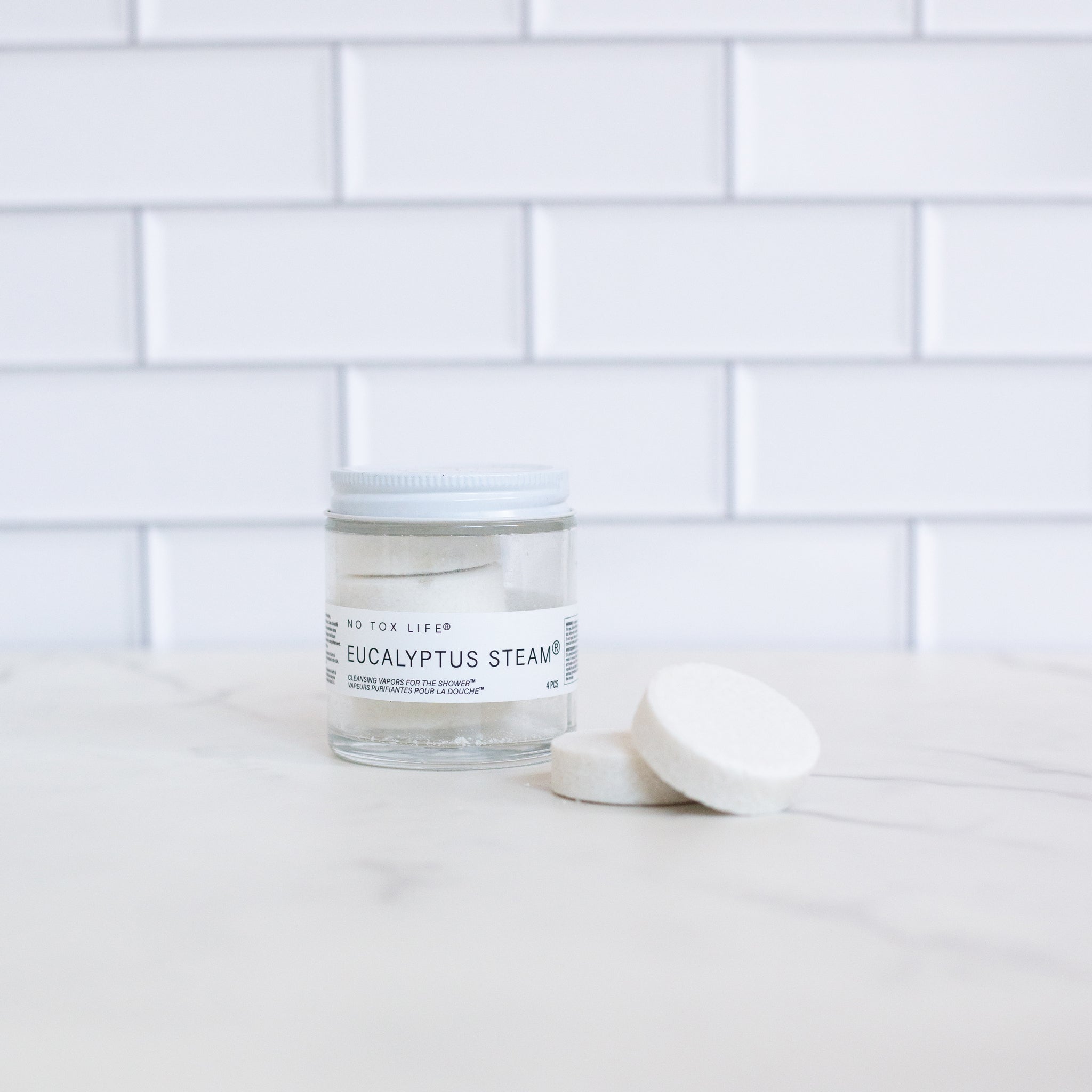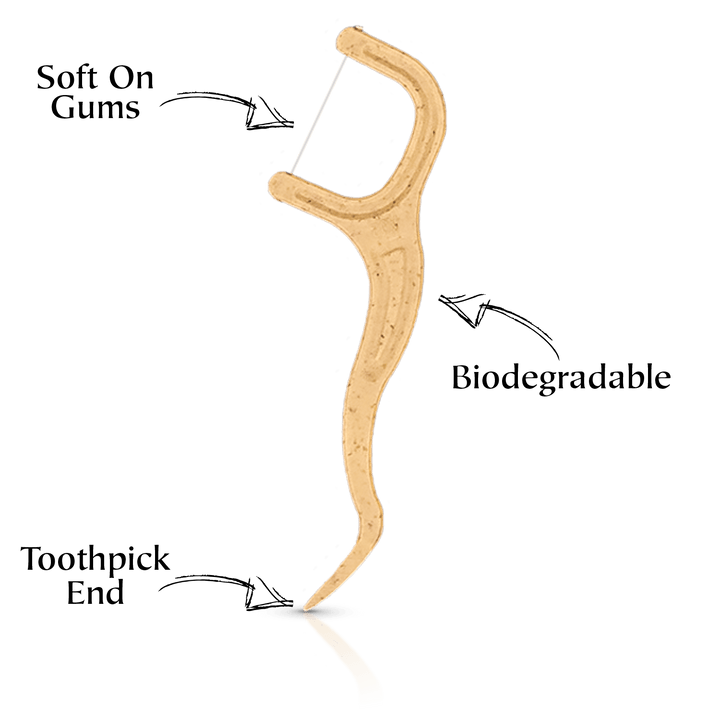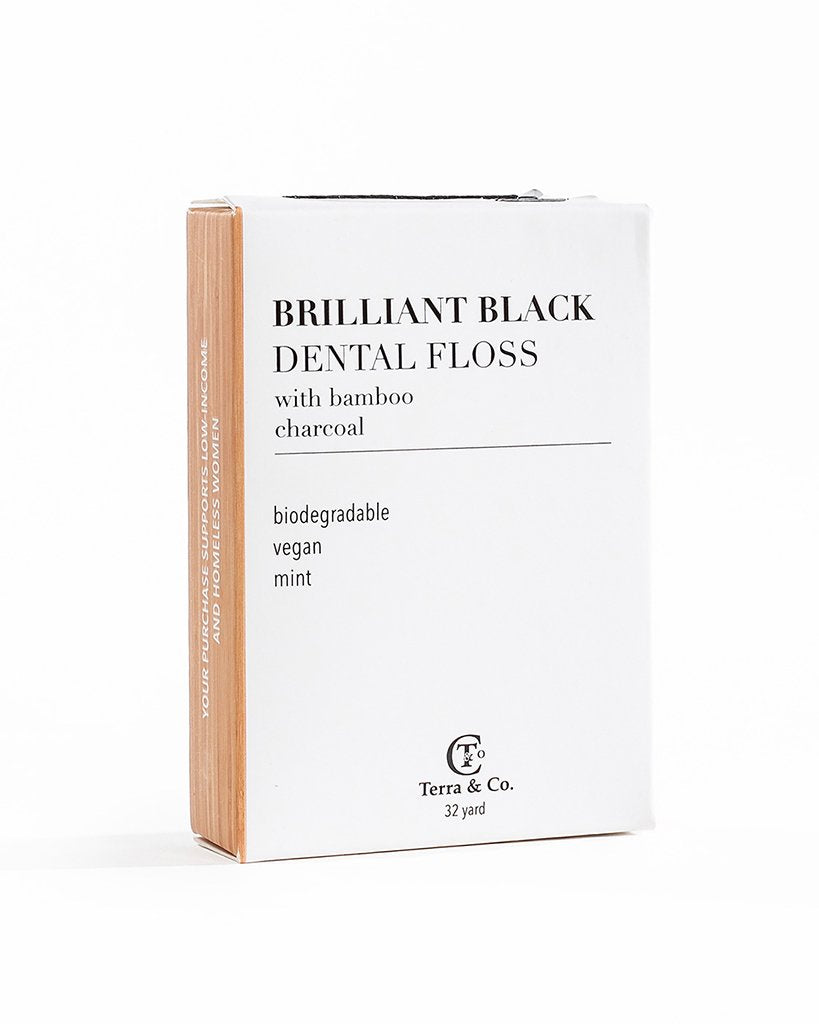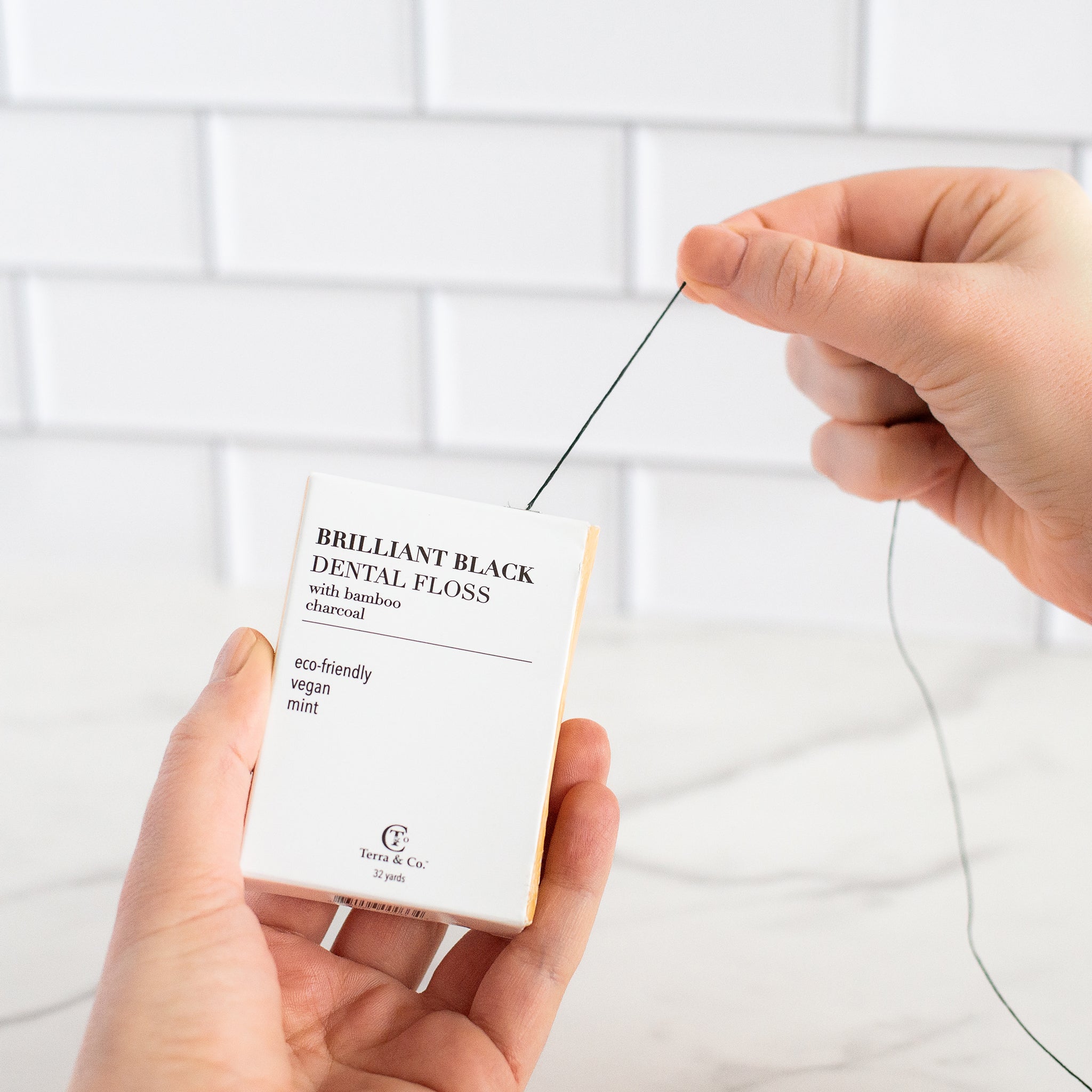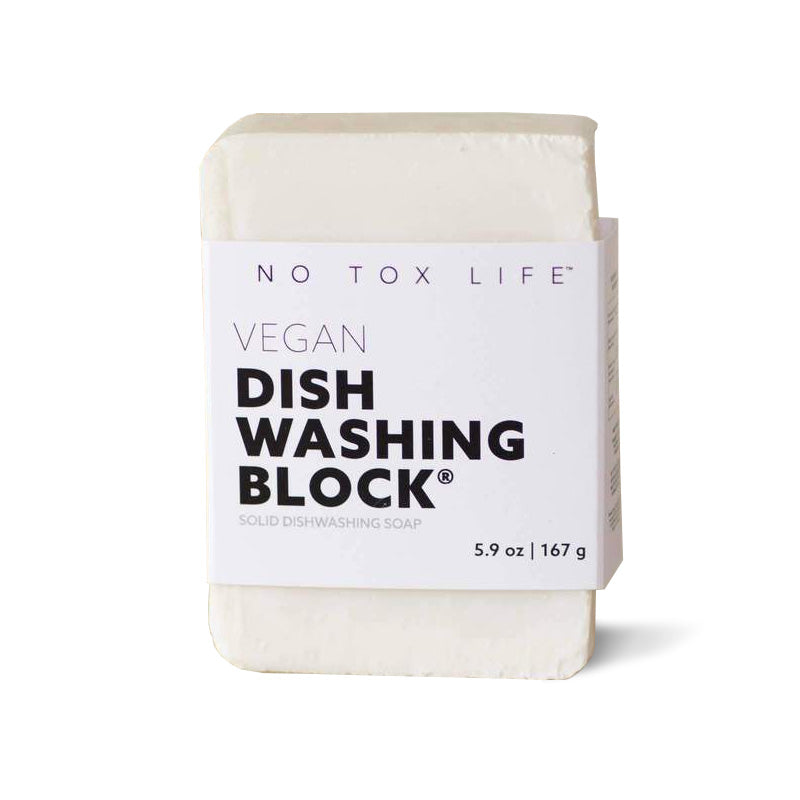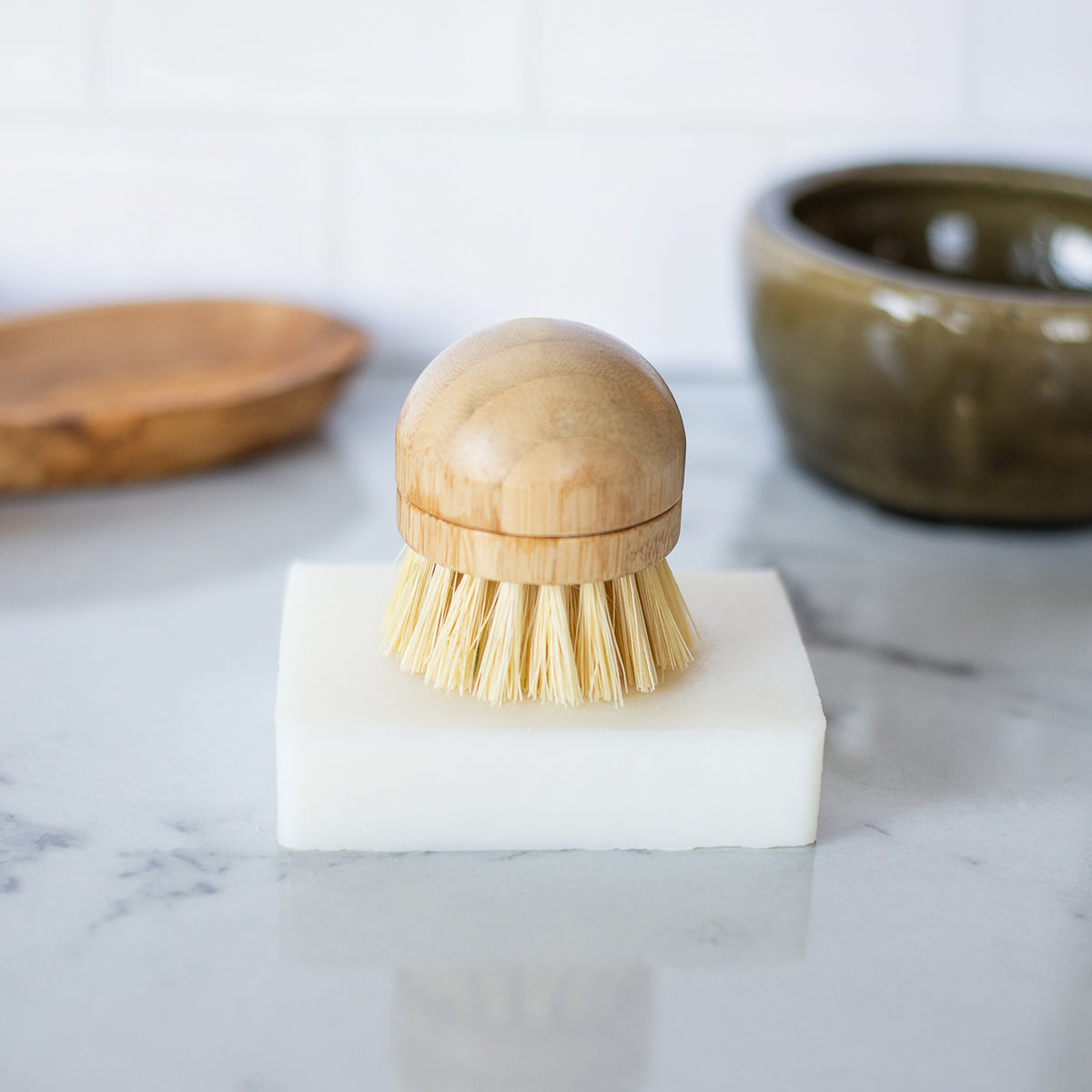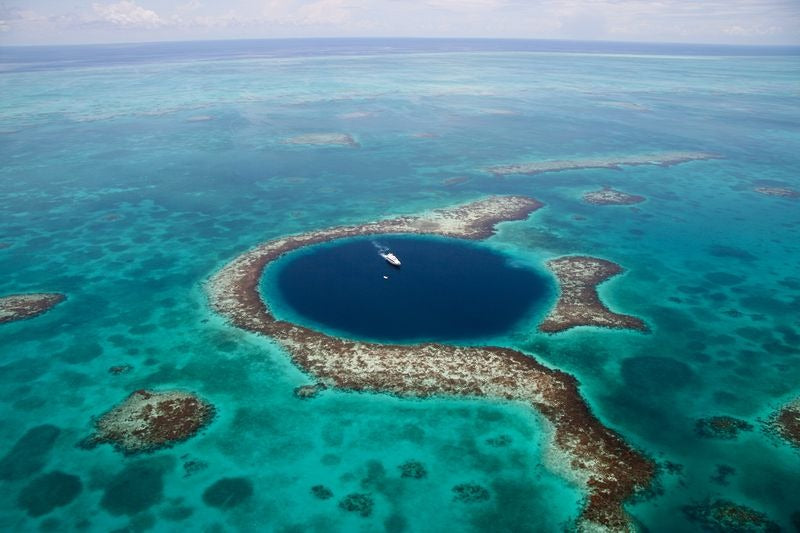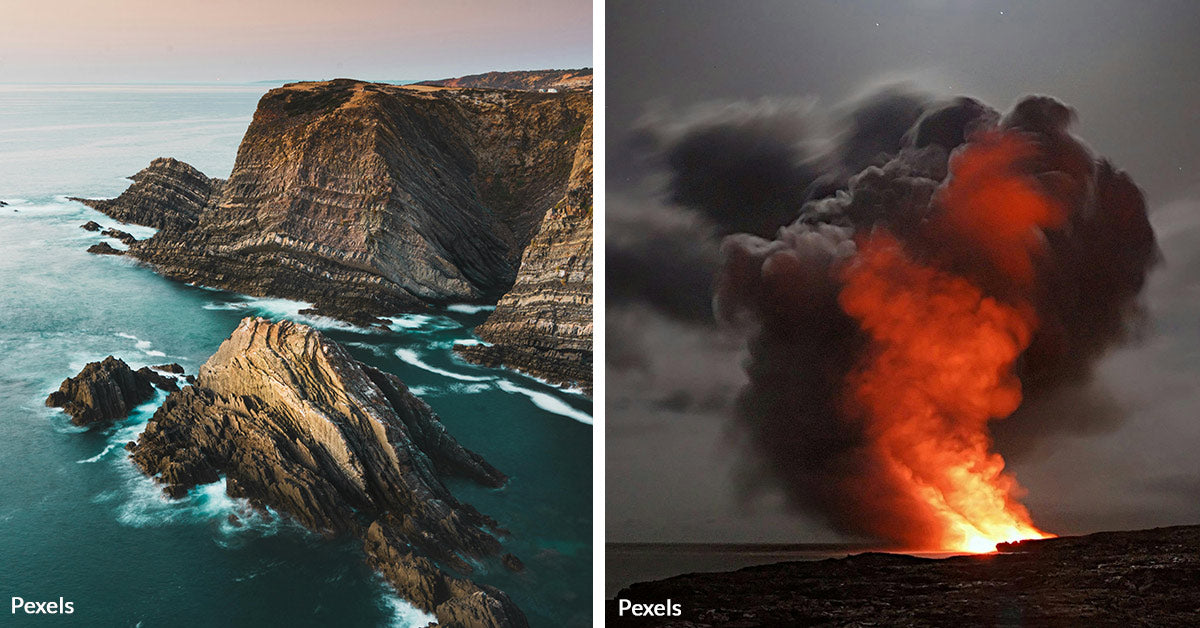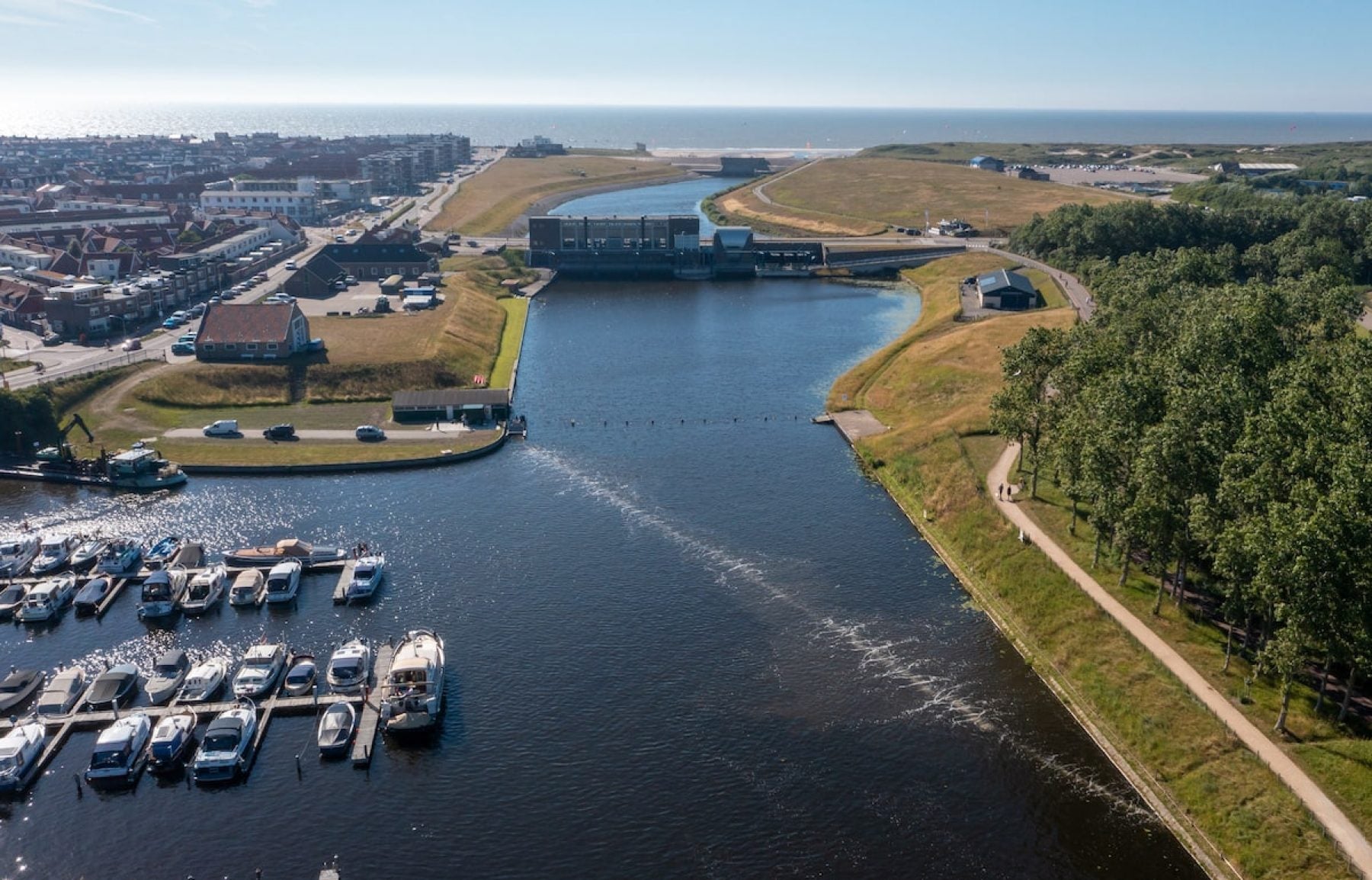Is composting good for the ocean?
For many, the daily chore of waste disposal has been a simple binary: blue bins for recyclables and a second, colorless receptacle for the rest. But a new wave of waste management involves a third bin for curbside composting.
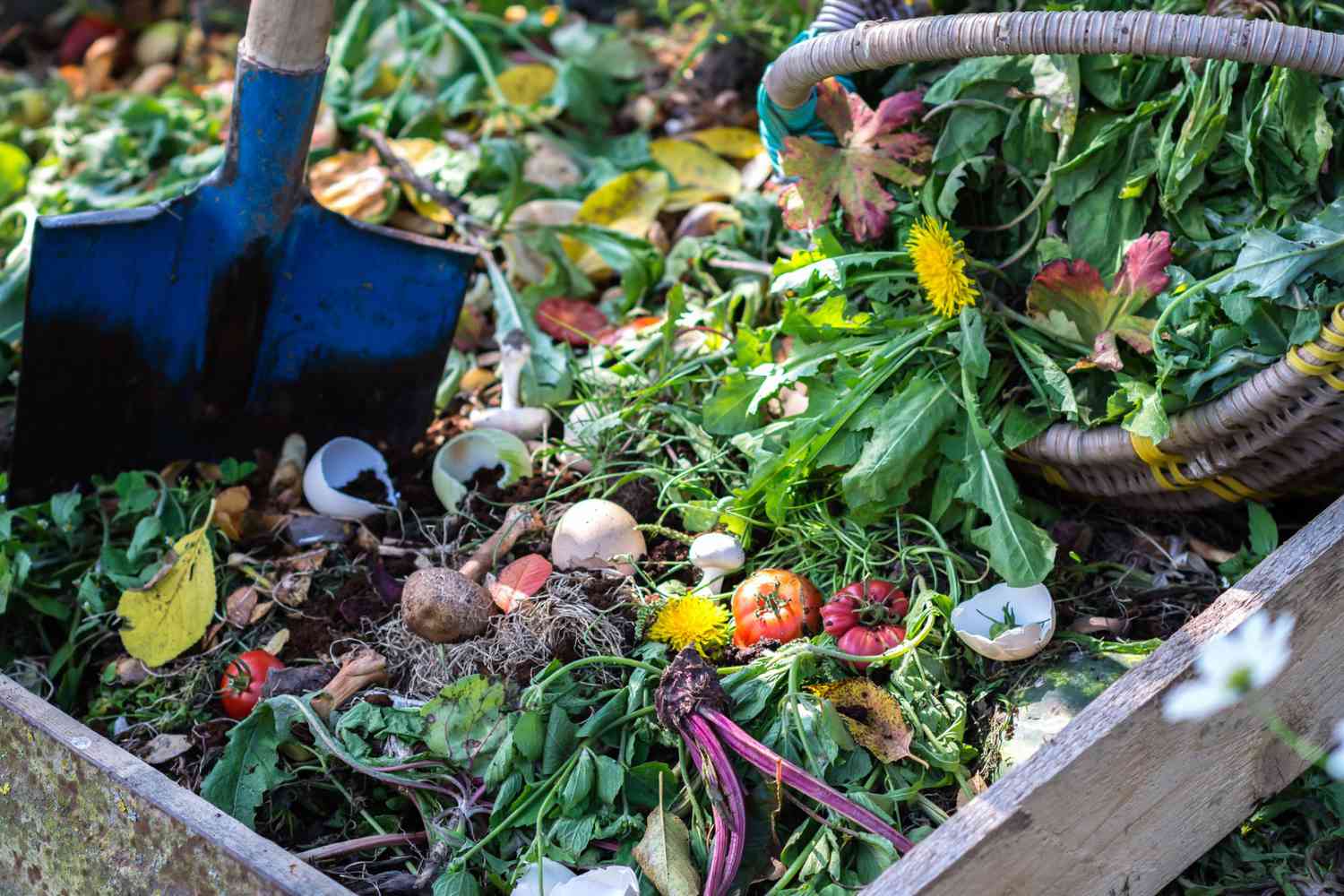
Step up to Composting: Nurturing our Planet
In many places, curbside composting is adding a vibrant new hue to the waste management spectrum. By separating out veggie scraps, coffee grounds, eggshells, and other organics, we’re actively participating in an eco-friendly initiative that’s not just a fun new routine but also a tangible way to reduce our carbon footprint. Every piece of organic waste that avoids the landfill contributes to a healthier environment and cleaner oceans.
Ocean's Plastic Plague and Landfills
Now, you might ask, “What do landfills have to do with the ocean?” A valid question indeed! You see, our overflowing landfills are a major source of plastic pollution. Weathering and wear can cause plastics to break down into microplastics, small pieces less than 5mm in size. These microplastics can then be carried by wind and rain into our rivers, and eventually the ocean.
By composting, we can significantly reduce our reliance on plastic packaging, especially for food products. Opting for compostable alternatives means less plastic waste entering our environment. That’s a win for our soils and a big win for our oceans!
The Healthy Soil-Healthy Ocean Connection
Let’s get to another fascinating aspect: the soil-health-ocean-health connection. Healthy soil prevents erosion and runoff. By using compost in our gardens, we create healthy, erosion-resistant soil. This means fewer sediments, pesticides, and fertilizers running off into waterways and the ocean.
What’s more, composting can help combat ocean acidification. By increasing soil health and plant growth, composting boosts carbon sequestration — that’s just a fancy way of saying it helps plants absorb more CO2 from the atmosphere. Less atmospheric CO2 means less gets absorbed into the ocean, leading to less ocean acidification.
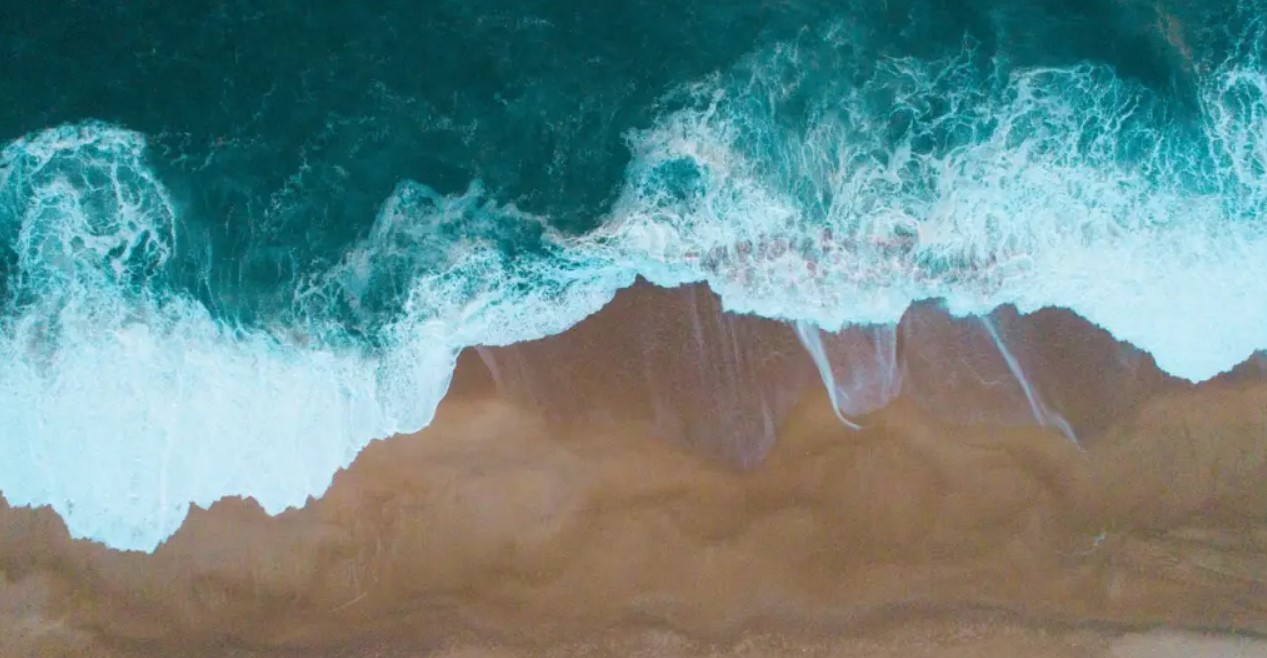
So, Is Composting Good for the Ocean?
After our deep dive, it’s pretty clear that composting is a great friend to our oceans. It reduces plastic pollution, prevents harmful runoff, and even fights against ocean acidification! So why not start today? To help you get started, check out our countertop composter here. Happy composting, everyone!










































































